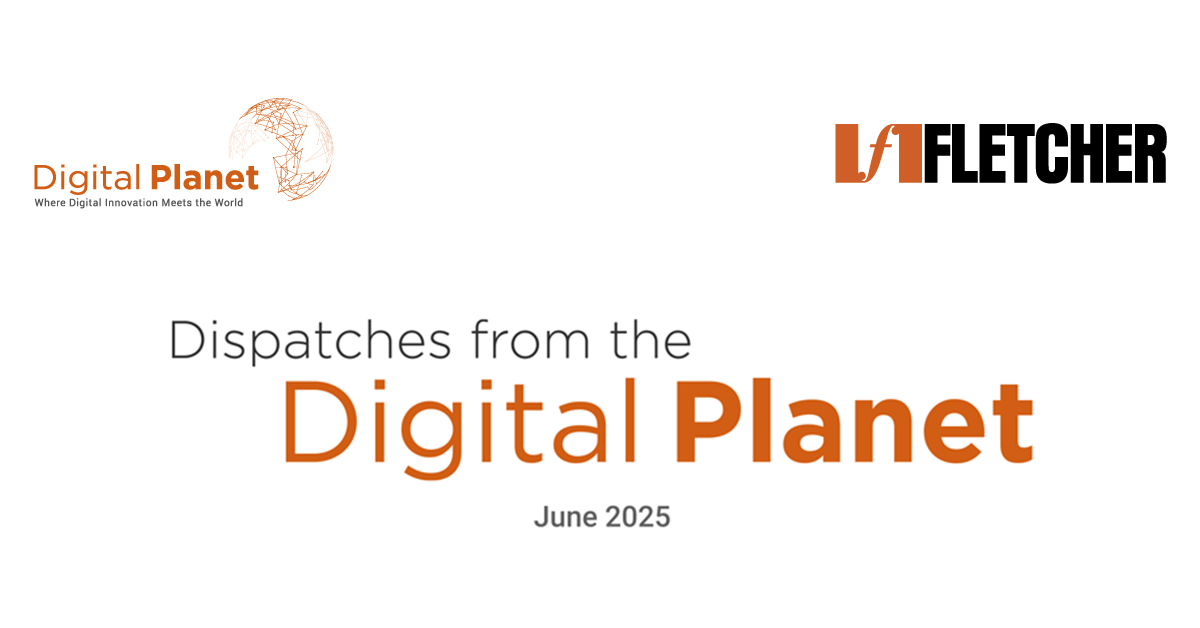
Dispatch from Digital Planet: June 2025
Dispatch from the Digital Planet is a monthly bulletin that talks about new updates in digital innovation across the world and their impact.

Dispatch from the Digital Planet is a monthly bulletin that talks about new updates in digital innovation across the world and their impact.
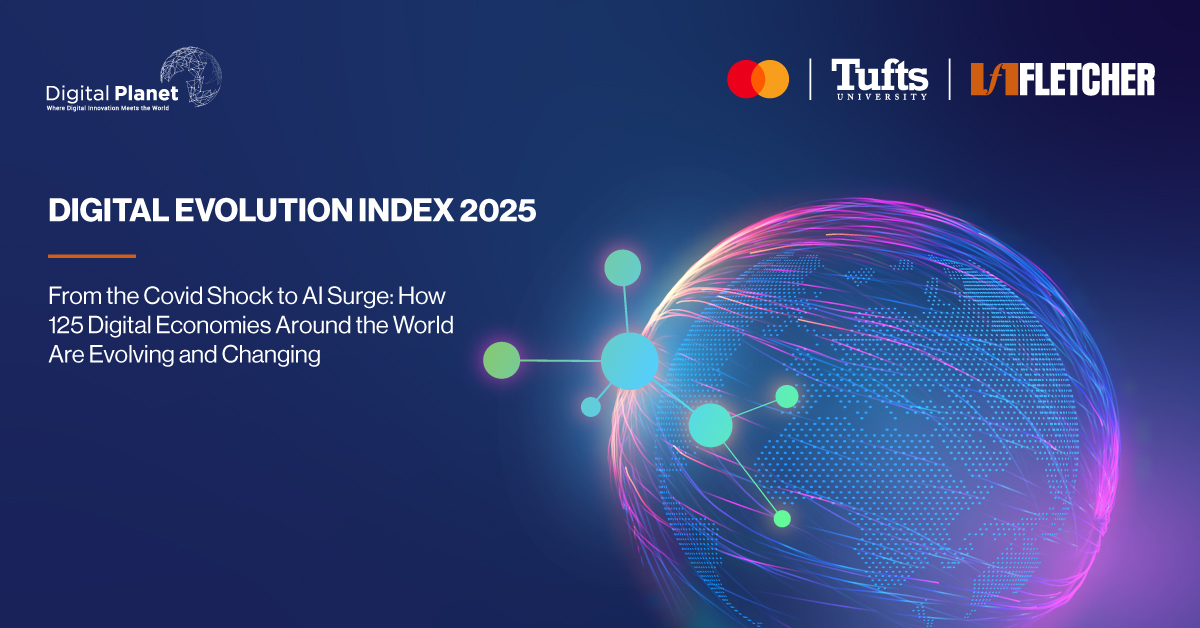
The Digital Evolution Index 2025 brings you an in-depth look at the global digital economy. We tracked 125 economies on key drivers to masure the global pace of digital evolution.
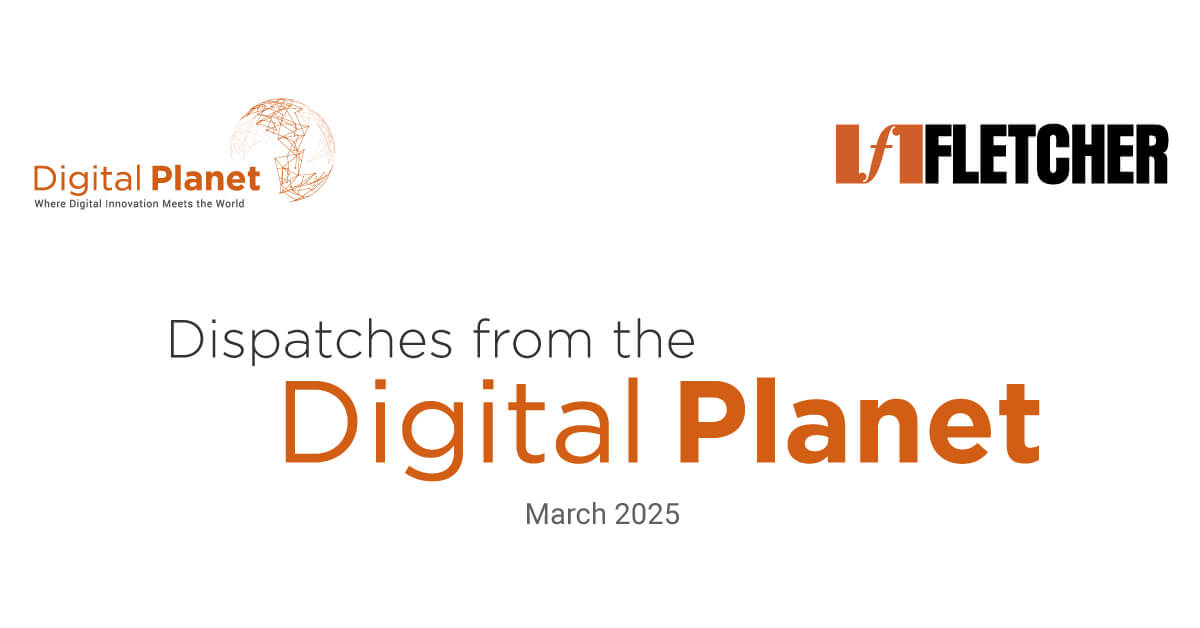
Dispatch from the Digital Planet is a monthly bulletin that talks about new updates in digital innovation across the world and their impact.
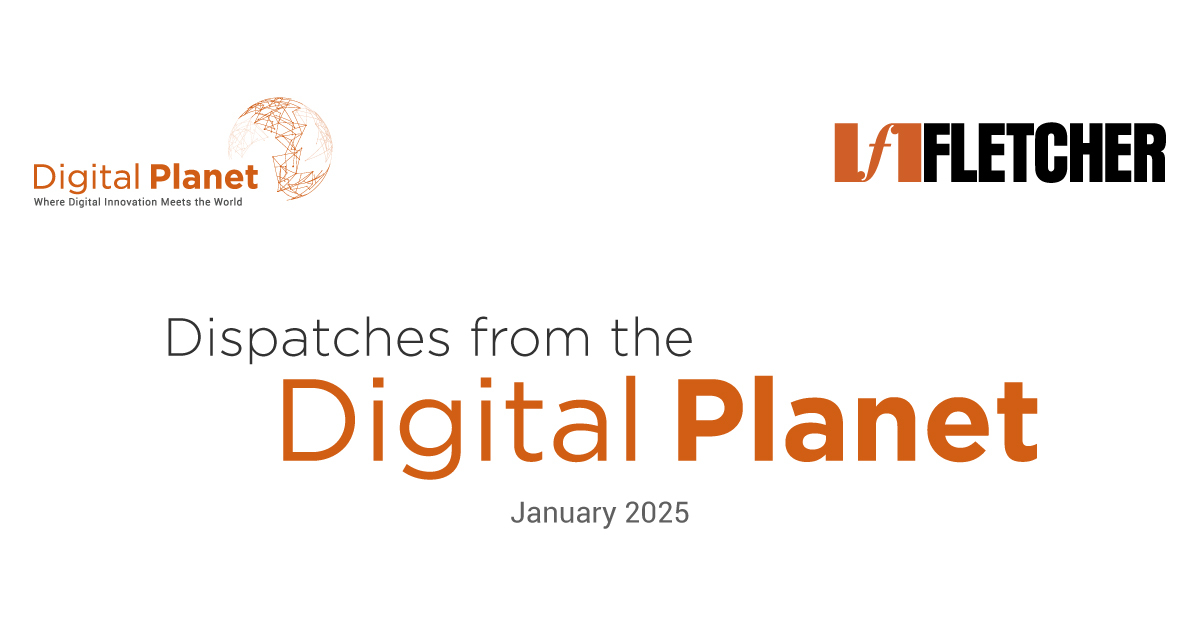
Dispatch from the Digital Planet is a monthly bulletin that talks about new updates in digital innovation across the world and their impact.

Dispatch from the Digital Planet is a monthly bulletin that talks about new updates in digital innovation across the world and their impact.
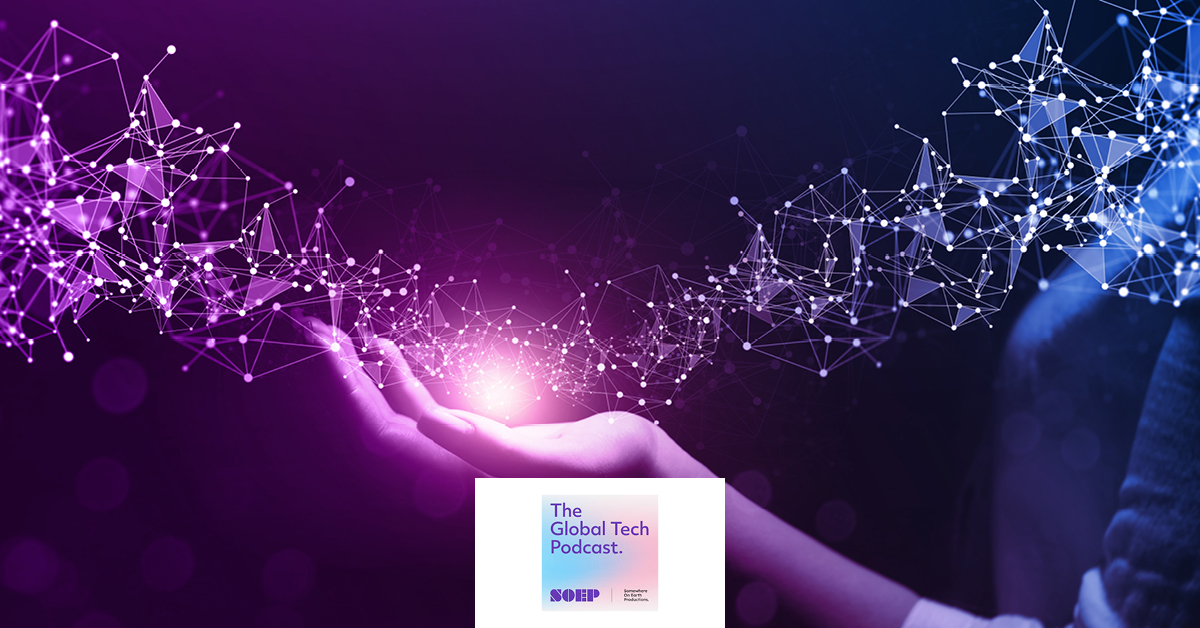
Discover whether Kamala Harris could be the ‘AI Tsar’ in this engaging discussion with Bhaskar Chakravorti.
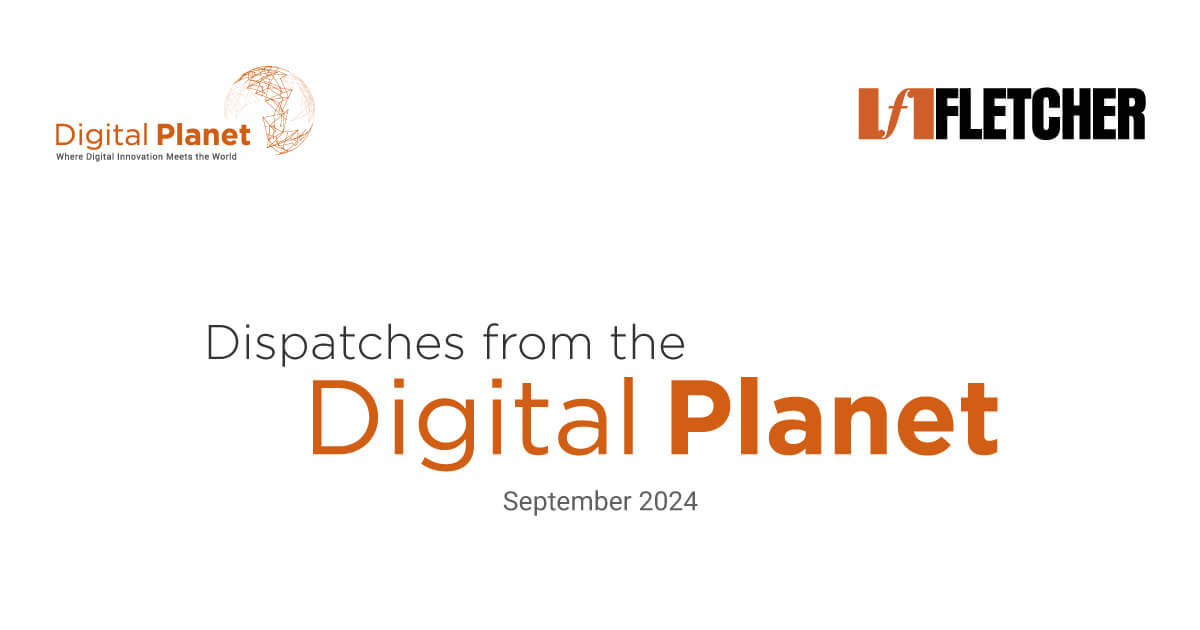
Dispatch from the Digital Planet is a monthly bulletin that talks about new updates in digital innovation across the world and their impact.
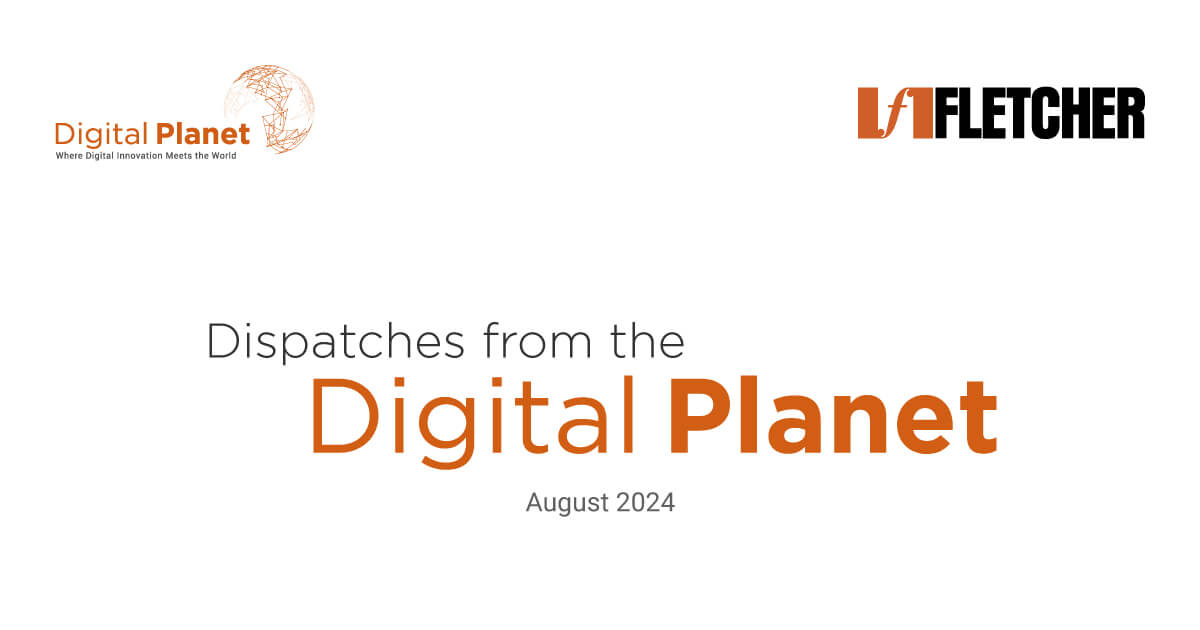
Dispatch from the Digital Planet is a monthly bulletin that talks about new updates in digital innovation across the world and their impact.
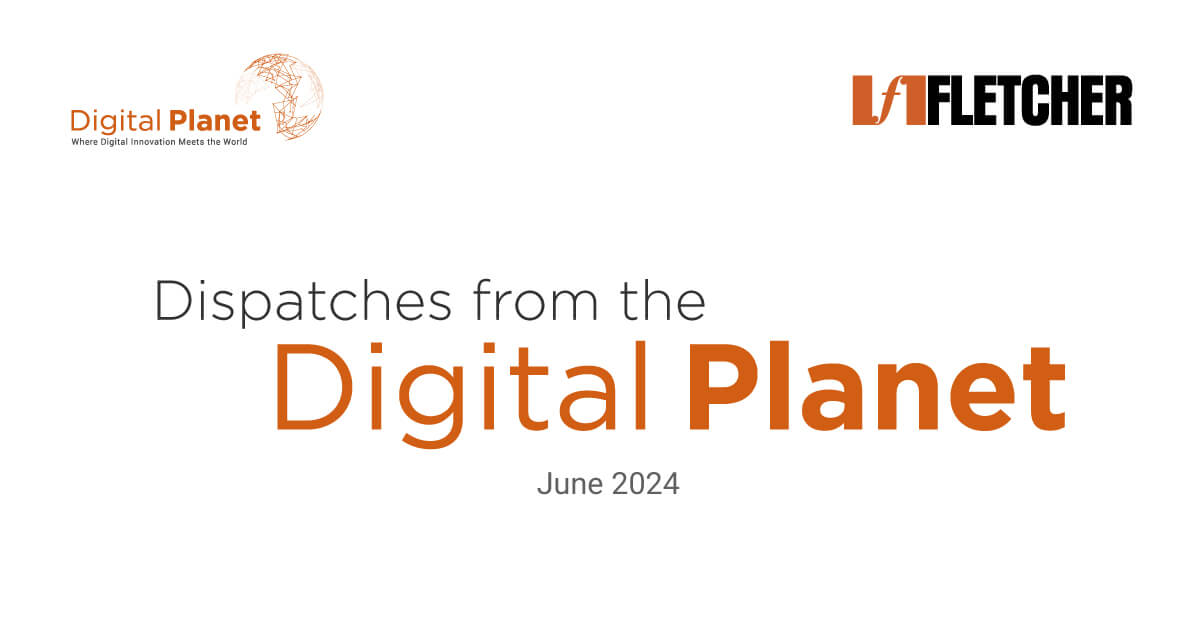
Dispatch from the Digital Planet is a monthly bulletin that talks about new updates in digital innovation across the world and their impact.
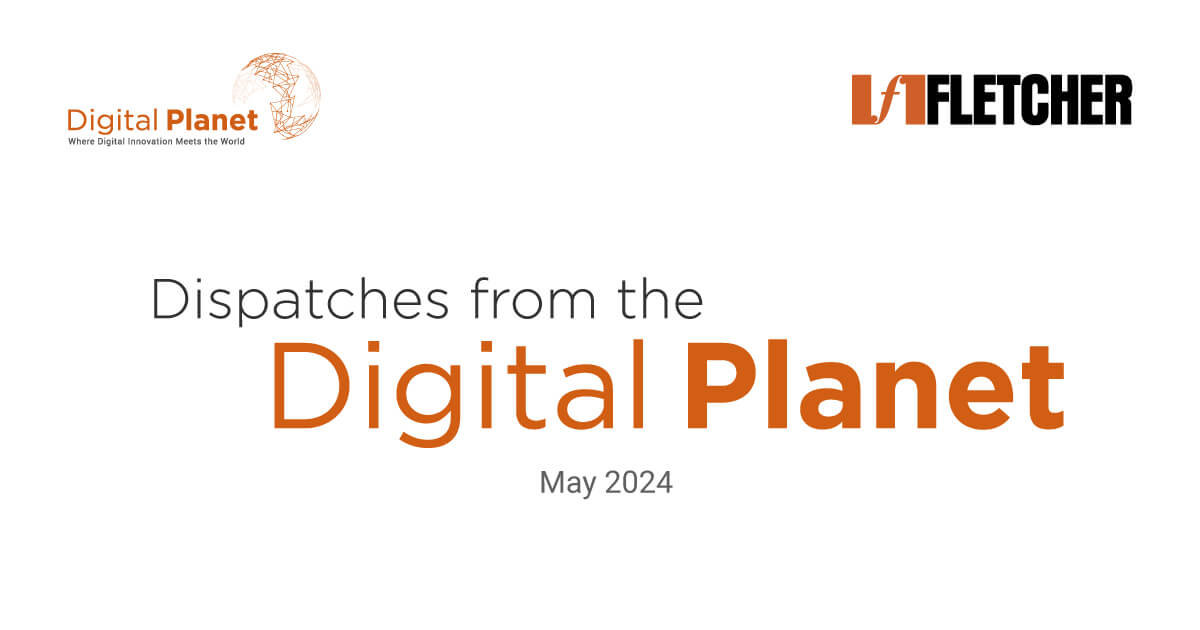
Dispatch from the Digital Planet is a monthly bulletin that talks about new updates in digital innovation across the world and their impact.
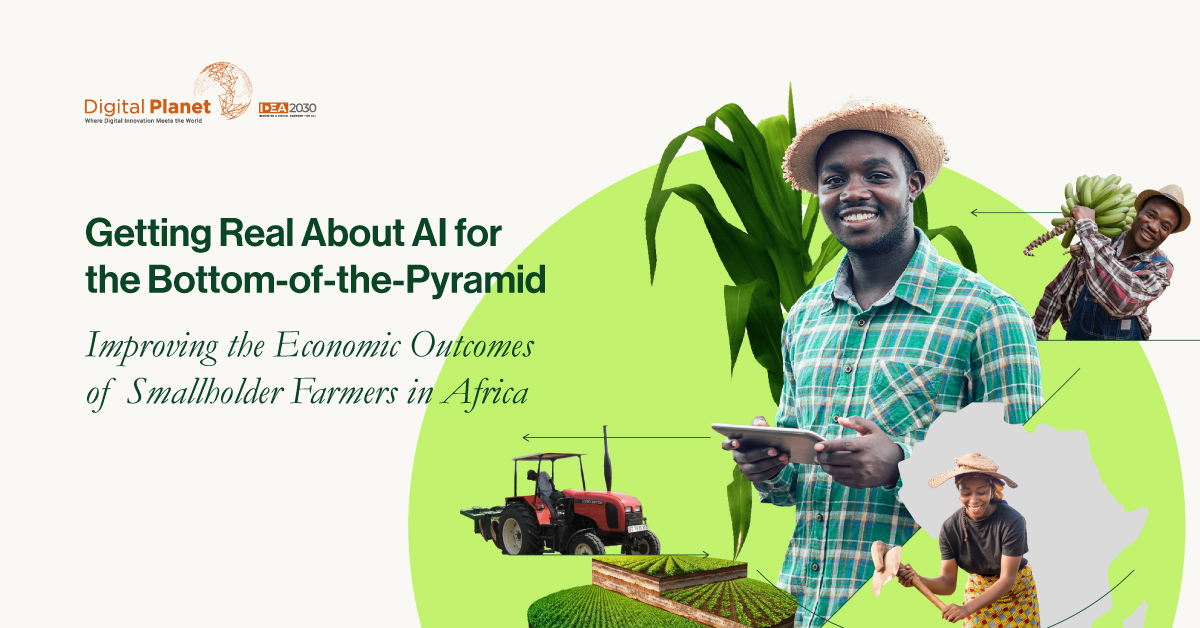
Sub-Saharan Africa’s agriculture, dominated by smallholders, struggles with low productivity. AI tools like Crop AI offer scalable solutions, potentially generating $6.1 billion in revenue, impacting millions of farmers, and advancing education, aligning with sustainable development goals.

Dispatch from the Digital Planet is a monthly bulletin that talks about new updates in digital innovation across the world and their impact.
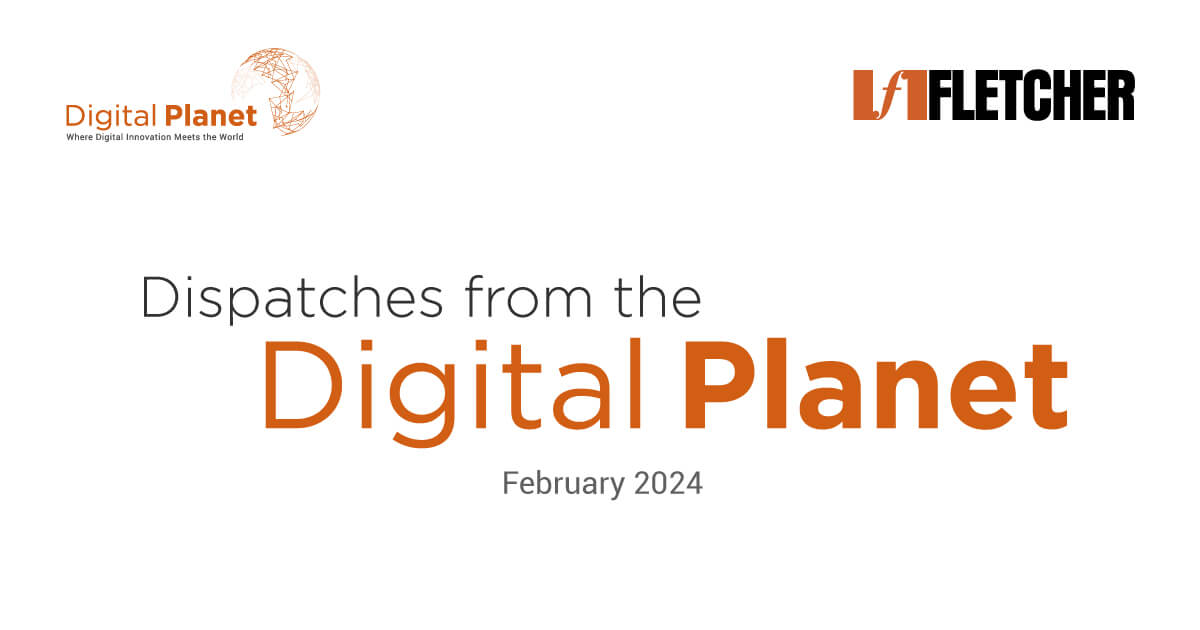
Dispatch from the Digital Planet is a monthly bulletin that talks about new updates in digital innovation across the world and their impact.
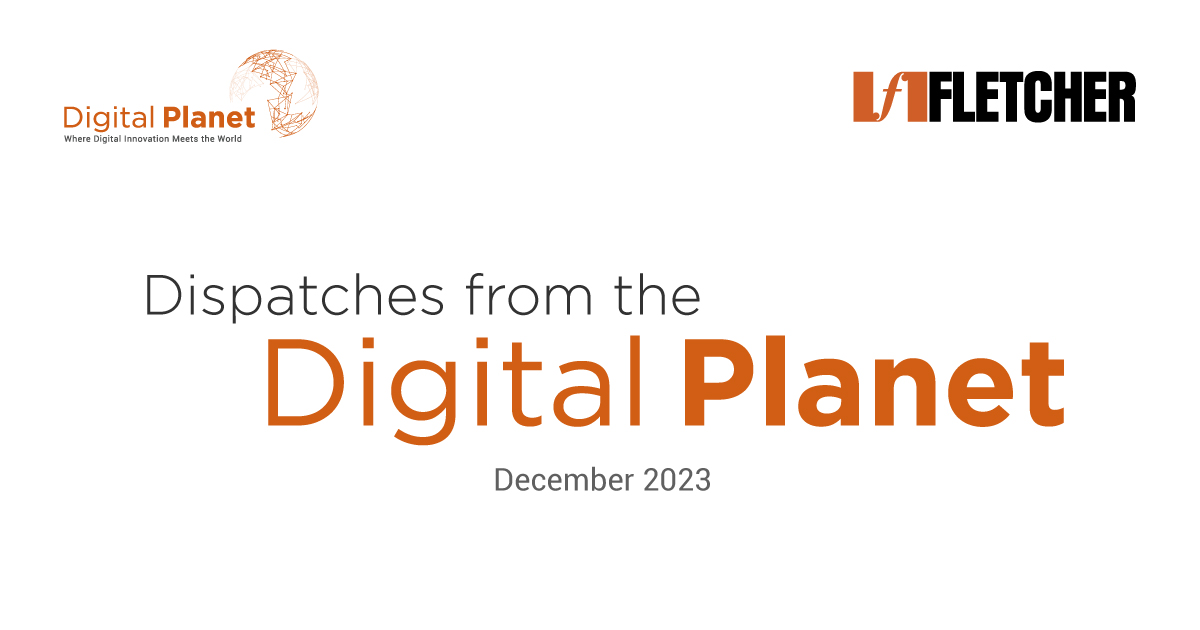
Dispatch from the Digital Planet is a monthly bulletin that talks about new updates in digital innovation across the world and their impact.
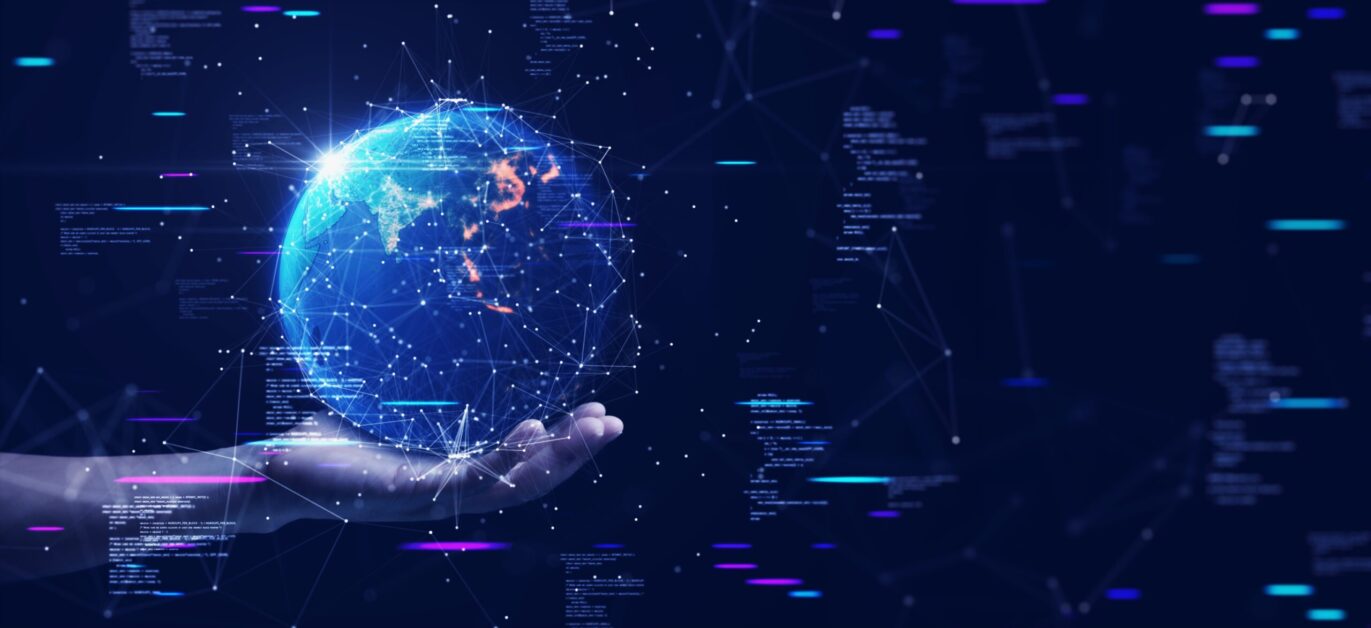
As the Global AI race intensifies, we mapped emerging AI leadership across data, rules, capital, and innovation.
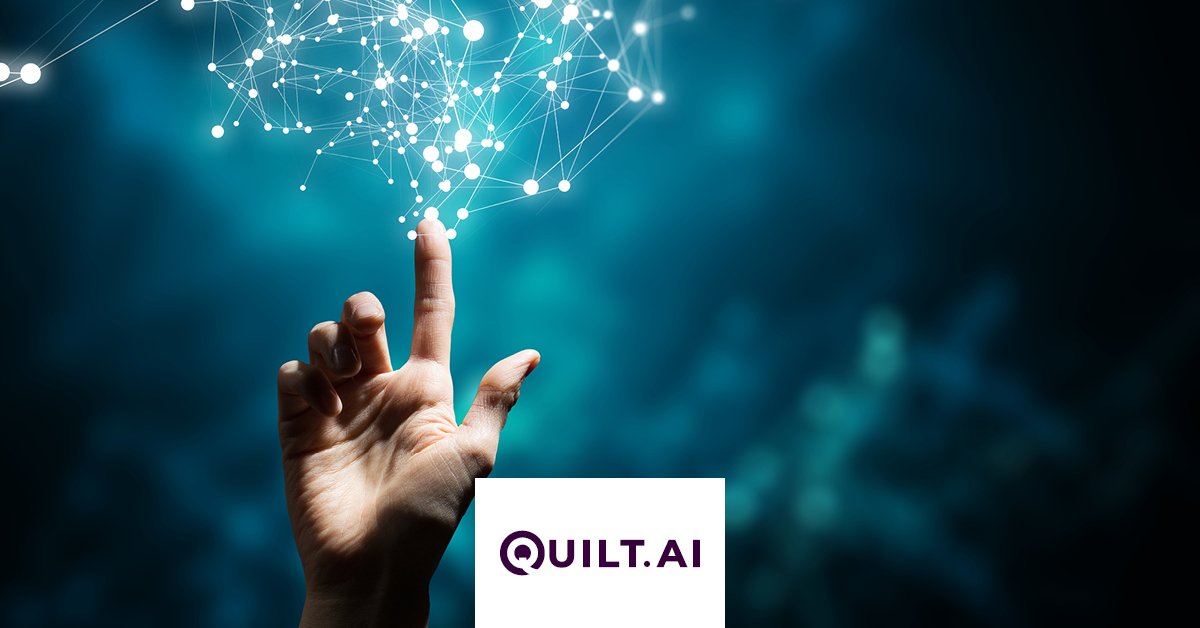
AI Culture conference featured a thought-provoking debate between Bhaskar Chakravorti and Philippe Beaudoin, skillfully moderated by Marc Nicholson. Hosted by Quilt.AI, the event, led by CEO Anurag Banerjee and co-founder Angad Singh Chowdhry, explored the dynamic landscape of artificial intelligence.
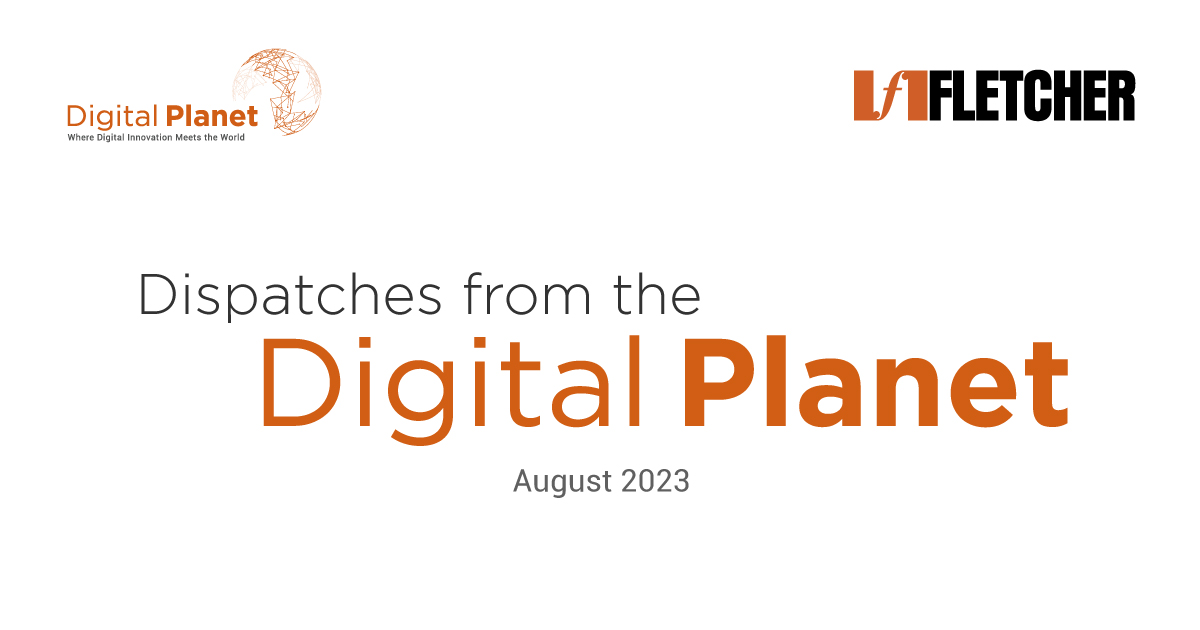
Dispatch from the Digital Planet is a monthly bulletin that talks about new updates in digital innovation across the world and their impact.
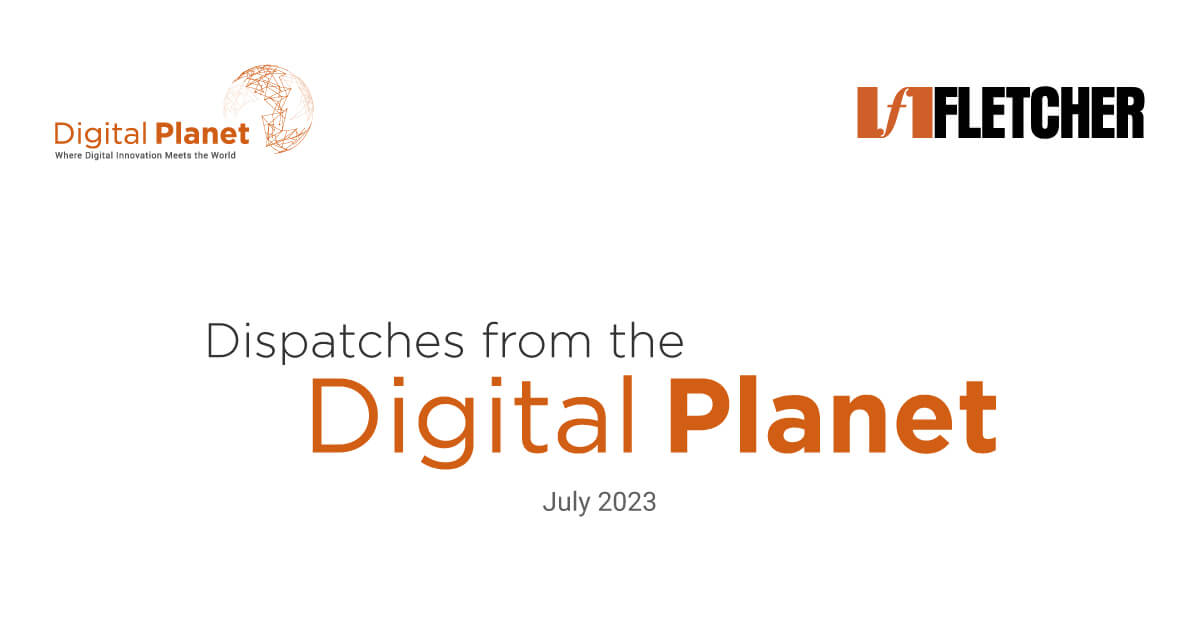
Dispatch from the Digital Planet is a monthly bulletin that talks about new updates in digital innovation across the world and their impact.

Clickbait aside, leaders should pay attention to predictions about the future of work. Here’s why they’re important — even when they miss the mark.
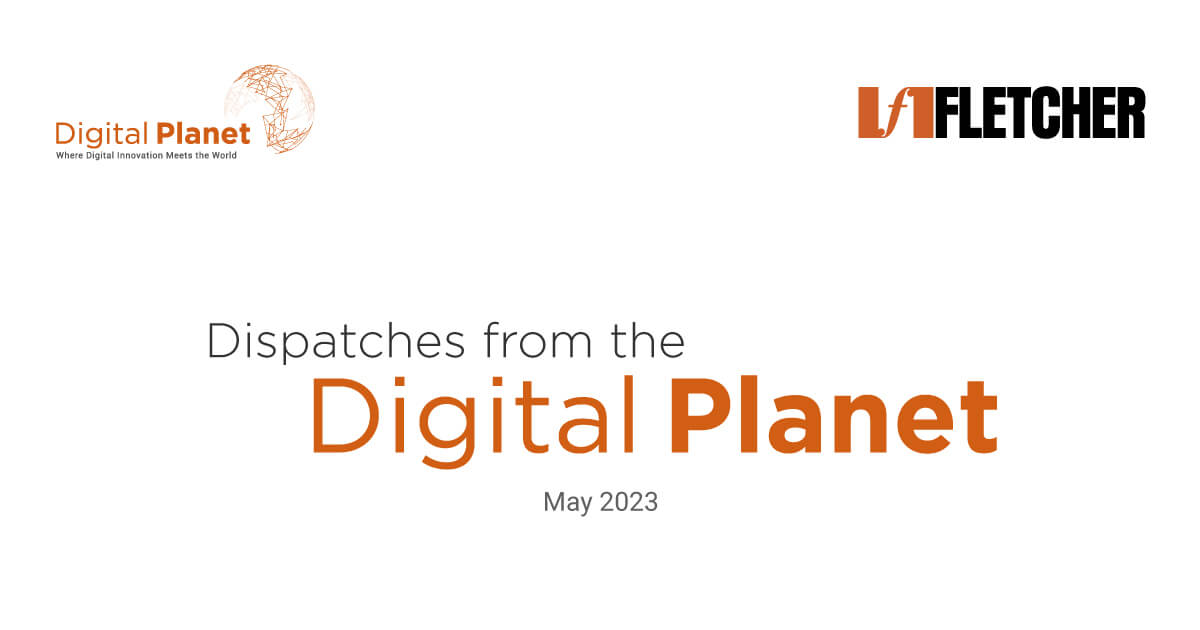
Dispatch from the Digital Planet is a monthly bulletin that talks about new updates in digital innovation across the world and their impact.

The inventor of the first Apple computer Steve “Woz” Wozniak tells us of his fears that AI will supercharge scams.
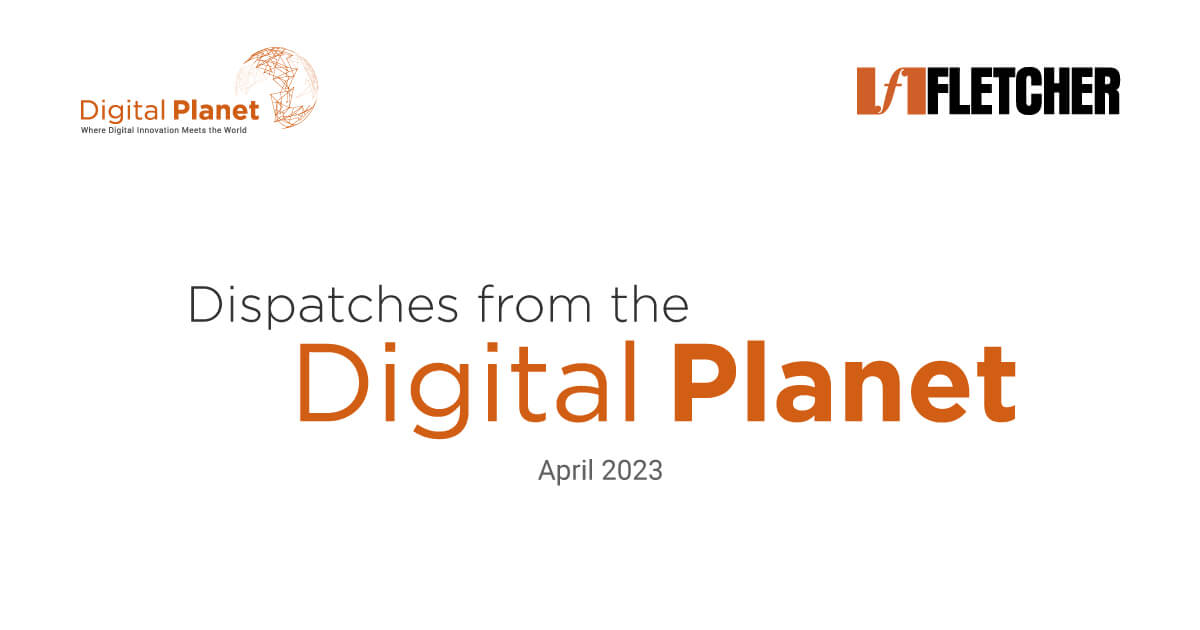
Dispatch from the Digital Planet is a monthly bulletin that talks about new updates in digital innovation across the world and their impact.
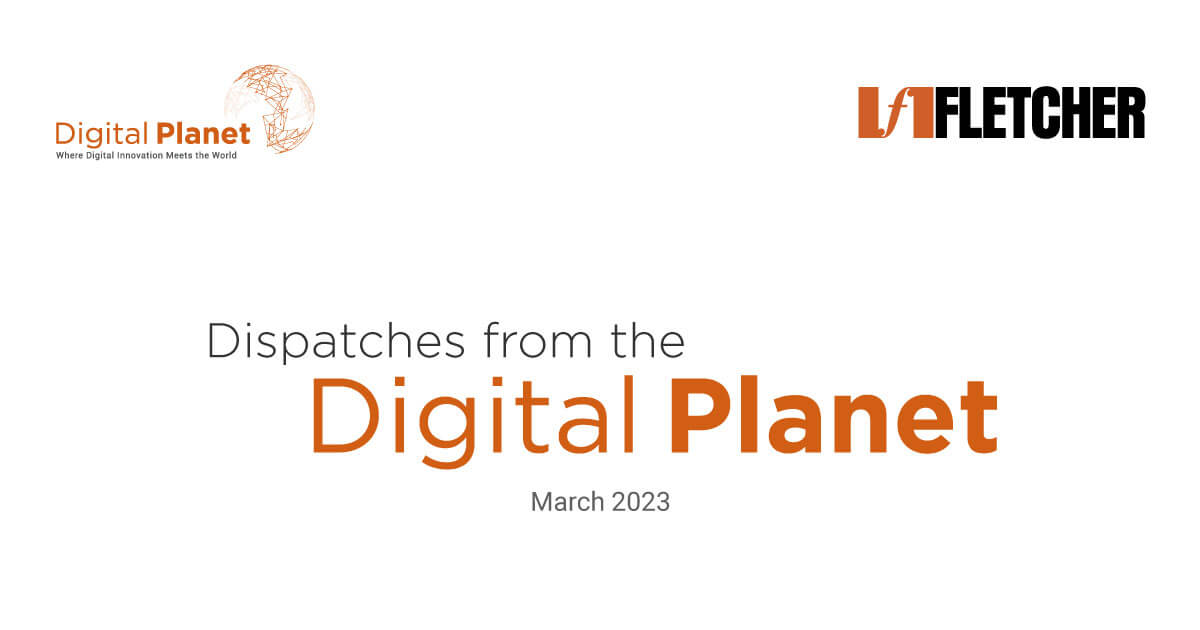
Dispatch from the Digital Planet is a monthly bulletin that talks about new updates in digital innovation across the world and their impact.
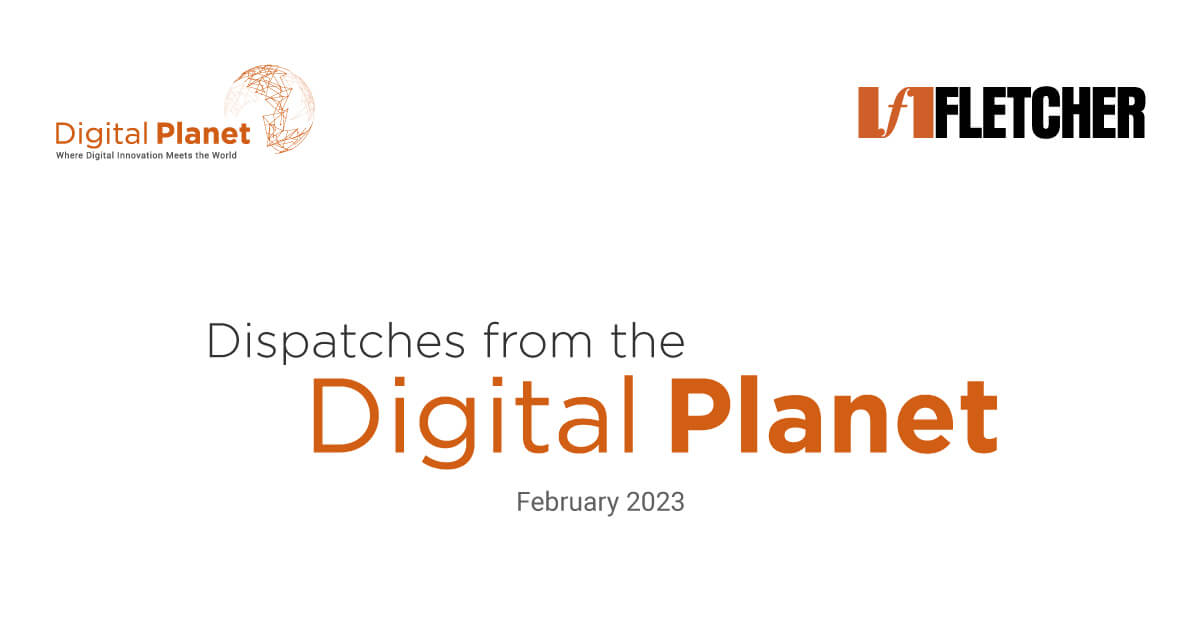
Dispatch from the Digital Planet is a monthly bulletin that talks about new updates in digital innovation across the world and their impact.

This year had a fascinating mix of goodies. Now seek AI talent from across the world, not just from a few mega-clusters.
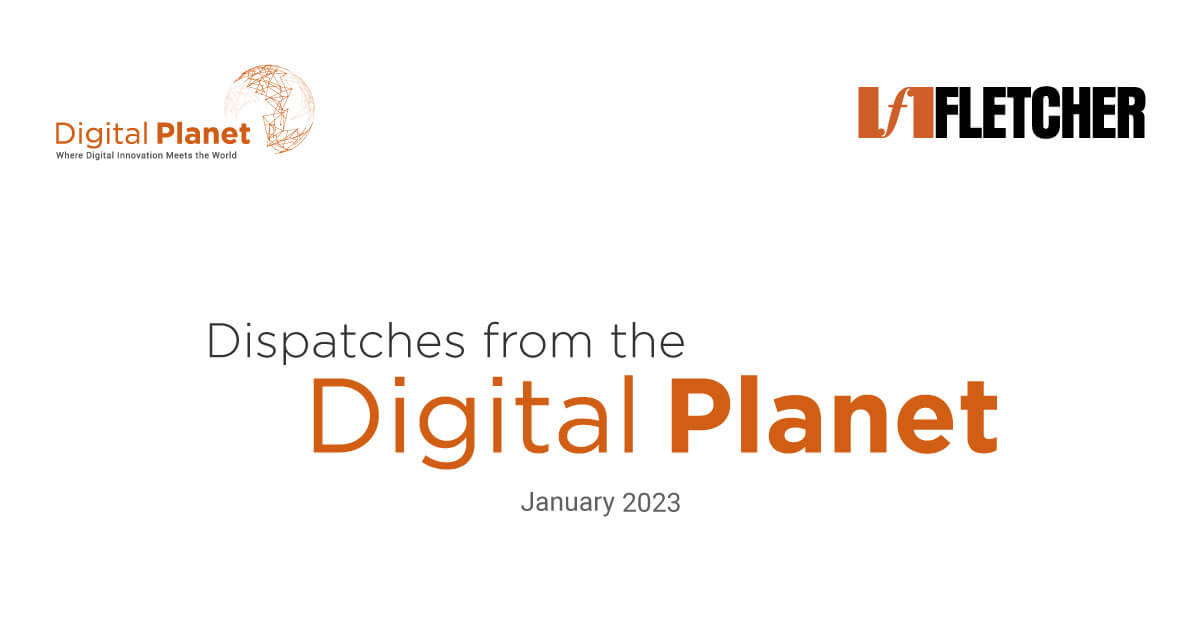
Dispatch from the Digital Planet is a monthly bulletin that talks about new updates in digital innovation across the world and their impact.

This week, Musk disbanded the Trust and Safety Council, made up of civil, human rights and other organizations to address hate speech, harassment, child exploitation, suicide, self-harm and other problems on the platform
A new report claims that more than a third of Twitter’s biggest advertisers have now pulled their ads from the platform | Techdirt
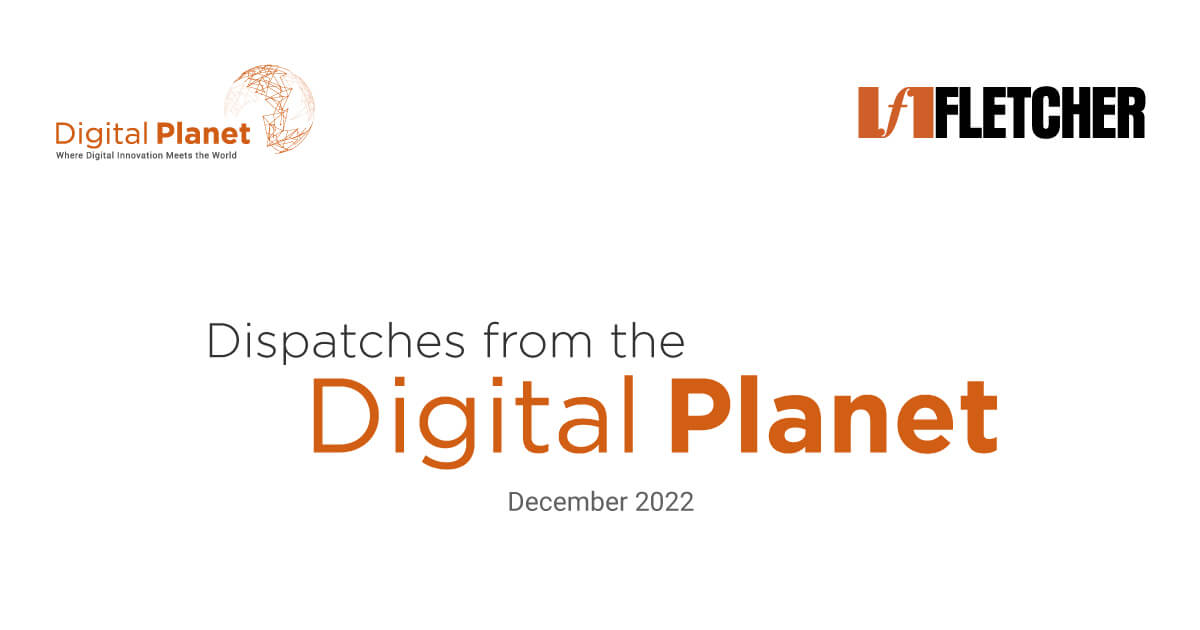
Dispatch from the Digital Planet is a monthly bulletin that talks about new updates in digital innovation across the world and their impact.

Since Musk has taken over, the most obvious sign of change at Twitter are the formerly banned users whose accounts have been reinstated. | The Times of India
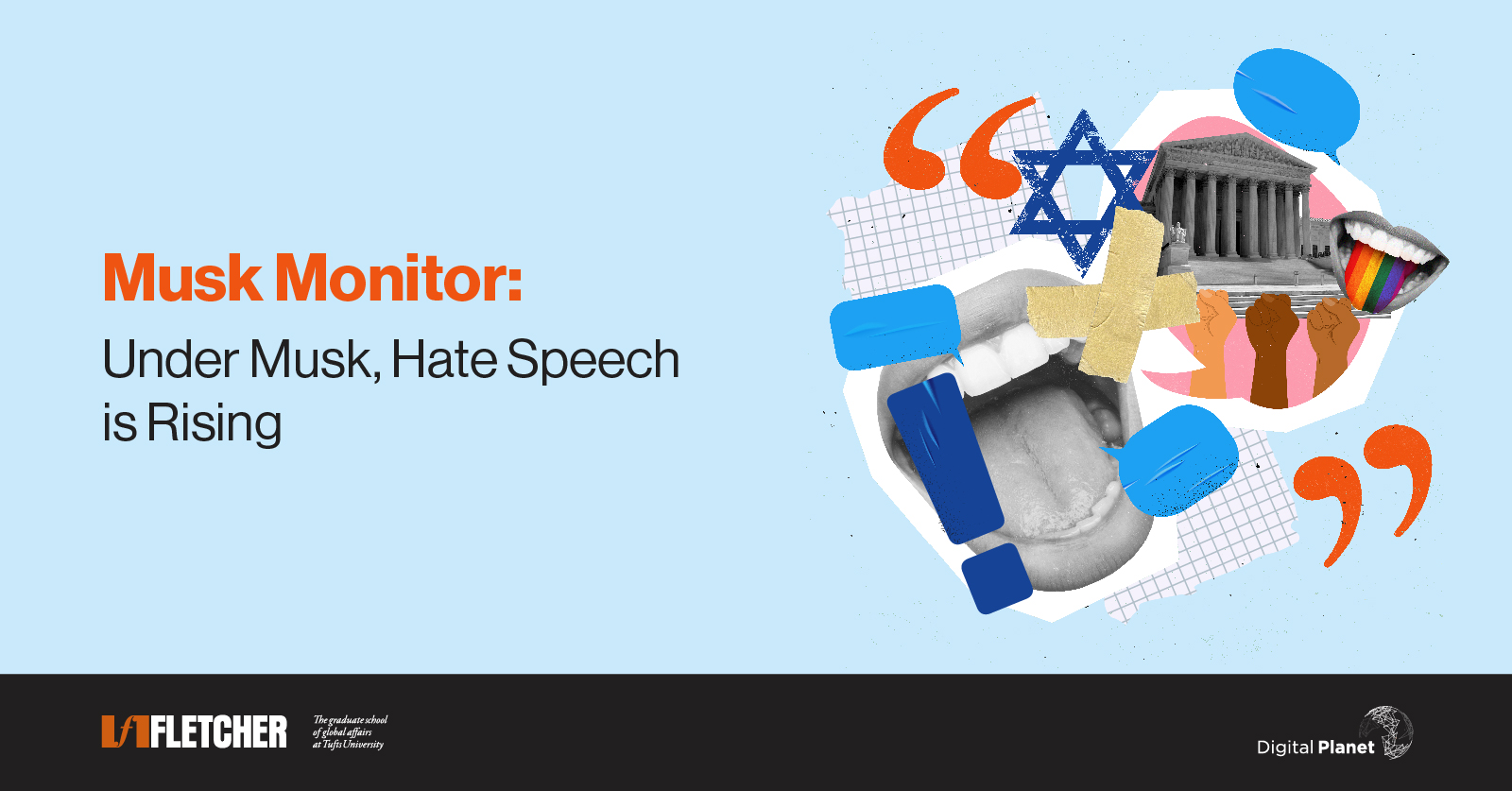
Post Elon Musk’s Twitter takeover, hate speech surged. We examined antisemitism, anti-LGBTQ+, racial hate. Analysis (Mar’22-Jan’23) revealed: hate speech volume increased, discourse quality worsened. Despite slight policy shift, toxicity persisted under Musk’s Twitter.

Musk’s conflicts of interest make him too dangerous to run the global public sphere.

Researchers monitoring a “firehose” of public tweets found signs of increasing toxicity—before Elon Musk reversed bans on Trump and other divisive figures.

A Fletcher School expert explains how a central bank digital currency works and why the U.S. is considering developing one
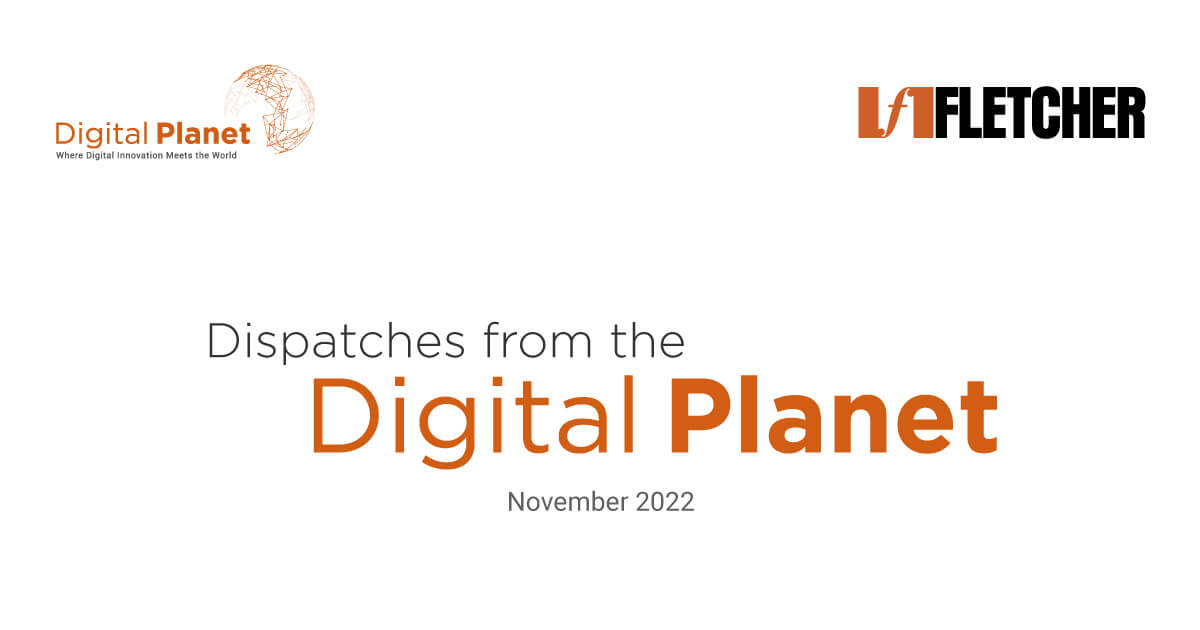
Dispatch from the Digital Planet is a monthly bulletin that talks about new updates in digital innovation across the world and their impact.

Researchers at Tufts expressed concern in a report about conspiracy theories on Twitter ahead of the midterms.
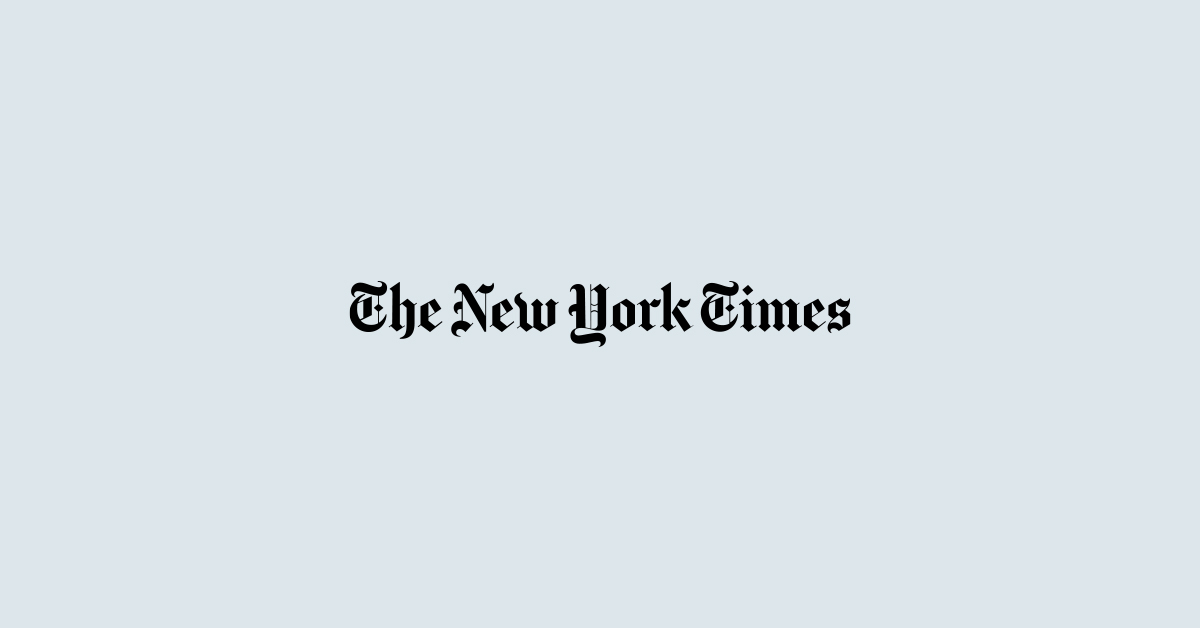
The new owner of Twitter has urged his followers to vote Republican.

The single galvanizing narrative is that the 2020 election was stolen,’ observes Tufts scholar in technological change and society

The collective silence will be the most viral tweet in the world.

Conspiracy theories about mail ballots. Anonymous text messages warning voters to stay home. Fringe social media platforms where election misinformation spreads with impunity.

Voters in the U.S. who go on Twitter, TikTok, Facebook or other platforms to learn about Tuesday’s pivotal U.S. midterm elections are likely to encounter rumors, hearsay and misinformation.
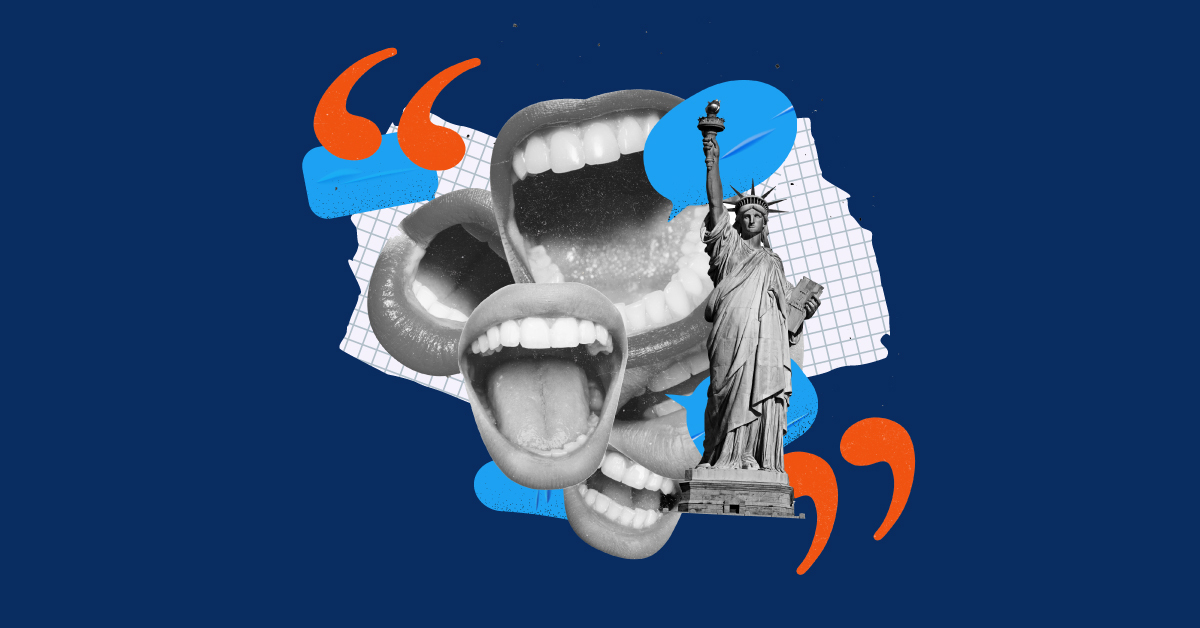
Ahead of the US midterms, Twitter analyzed trending toxic political themes. Pre-Musk, focus was countering misinformation and hate. Post-takeover, discourse quality declined, extremists emerged.
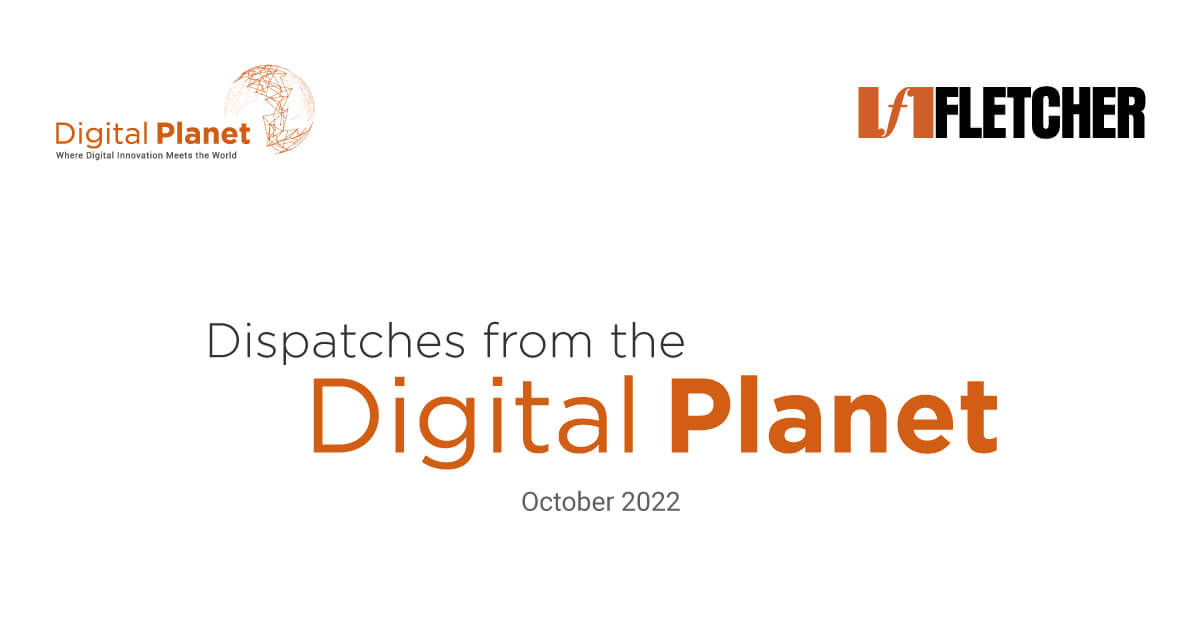
Dispatch from the Digital Planet is a monthly bulletin that talks about new updates in digital innovation across the world and their impact.

Tufts University researchers told the Federal Communications Commission on Tuesday to focus on how many individuals, not just locations, are receiving high-speed service as the agency creates new broadband maps to inform the distribution of federal infrastructure funds by the U.S. Department of Commerce.

Covid has accelerated digitisation for women, a new study reveals.

Tucker Carlson, Donald Trump Jr. and Republican lawmakers are seeing their follower counts spike, while Democrats’ are on the decline.
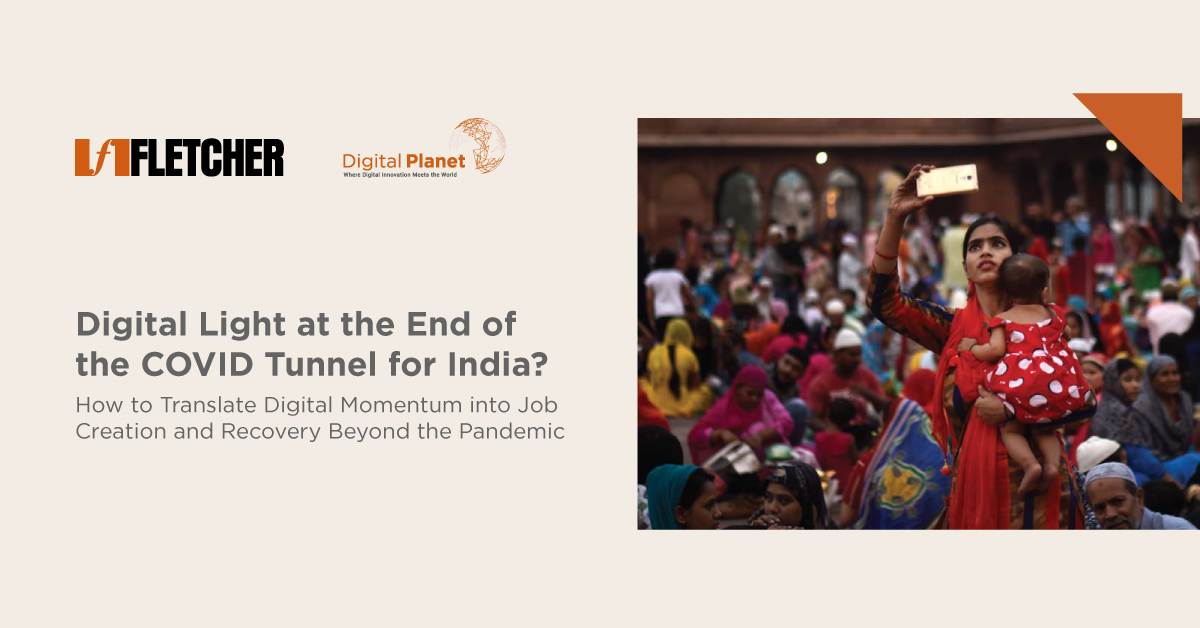
Explore COVID-19’s effects on India’s digital economy, from lockdown challenges to the inclusion paradox. Discover strategies to bridge the gap and unleash India’s digital potential.

To find diverse AI talent, companies will need to look outside the usual technology talent hubs.
There is no excerpt because this is a protected post.

Senate majority leader still seeking to get self-preferencing bill to the floor as data-privacy bill remains stalled, but Lina Khan’s FTC is making moves even without new laws.

Two years ago, COVID triggered a surge in remote work. But now that most restrictions have been lifted, is it here to stay? Not in these countries.

Not having high-speed internet could be risky for your health as Tufts University research shows people living in counties with broadband access are less likely to die from COVID-19.

Companies have recently made progress in employee diversity, but cuts due to economic worries are expected to hurt underrepresented workers most.

More services are going online-only—catching more people on the wrong side of a widening gulf.
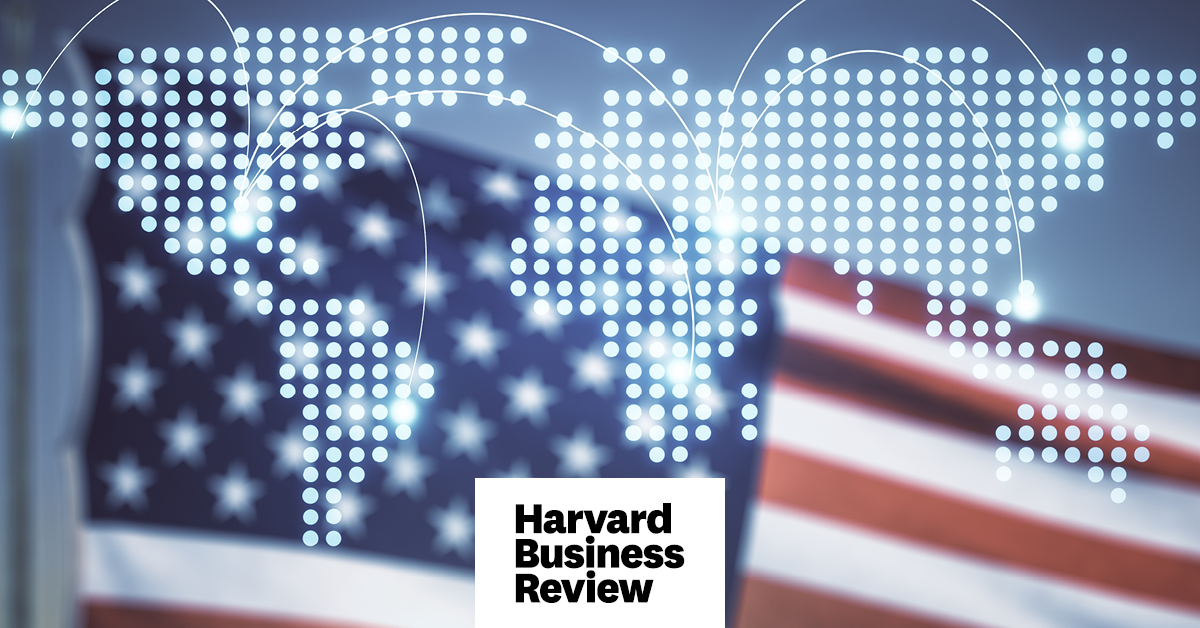
Right now, half of Americans aren’t using broadband internet. In an effort to close this digital divide, the Biden administration has launched the Internet for All initiative: a massive investment of funds to expand access to high-speed internet in the world’s most valuable and second most evolved digital economy.
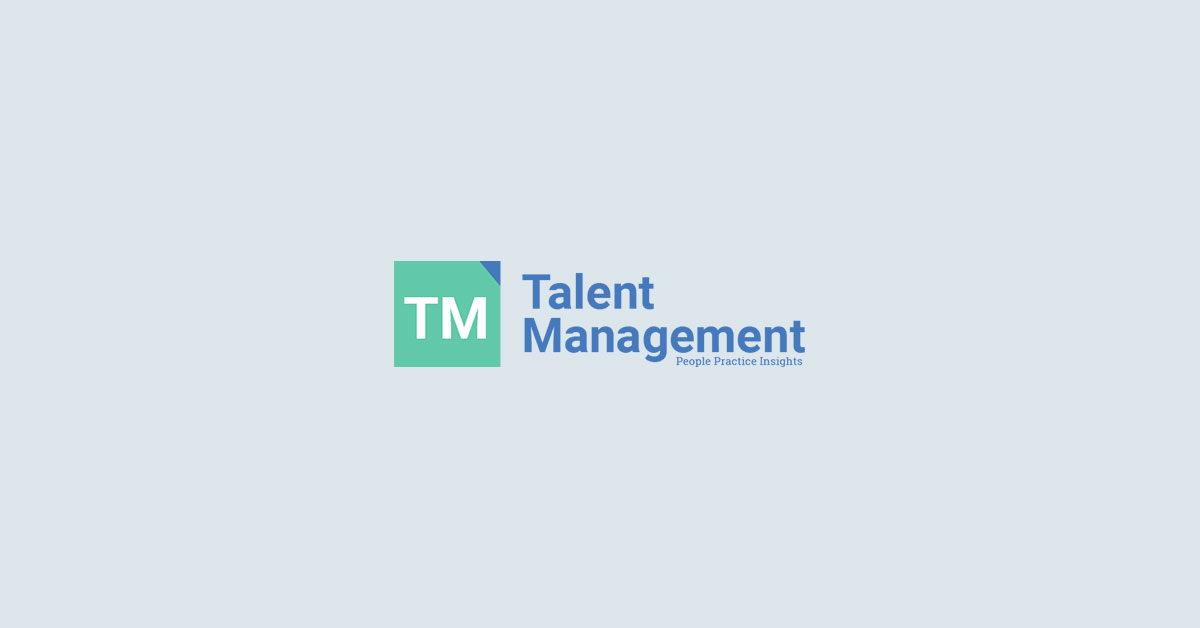
Courageous organizations can choose a path different from the historical journey often taken by the competition.

As Covid-19 raged, access to high-speed internet saved lives. The effects were especially pronounced in cities, researchers found.

Some of the biggest U.S. companies have agreed to third-party racial-equity audits after shareholder pressure that increased amid the Black Lives Matter movement.
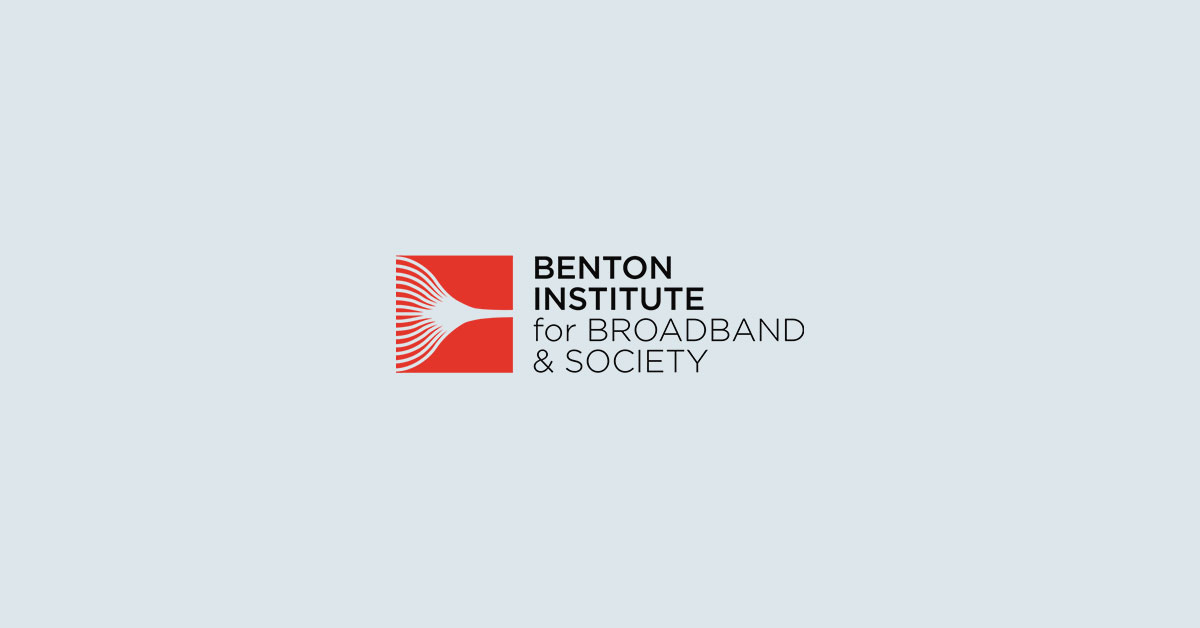
We’ve been talking for years about how to fix the rural broadband problem. Now we’re finally going to do it.

Our ambition isn’t just to increase our pool of tech talent. It’s to diversify the sector one hire at a time, writes the chief of Chicago’s Discovery Partners Institute.

Friday marks 100 days since Russian President Vladimir Putin ordered a full-scale invasion of Ukraine.

Migrants are optimistic, technologically savvy and motivated to build a better life.

With midterm elections looming, Congress probably has until summer to pass legislation.
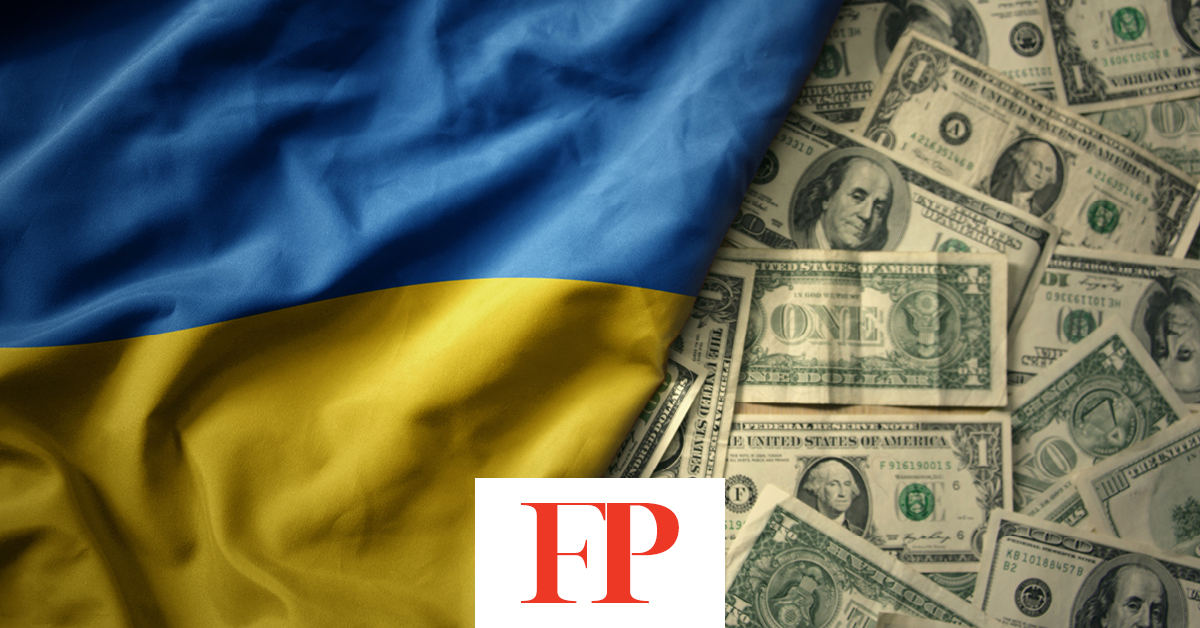
Ukraine’s tech outsourcing sector, one of Europe’s largest, has adapted nimbly to the war.

While the Twitter community backed Musk’s tweets criticizing the platform, those feelings quickly turned sour at the idea of the billionaire buying Twitter.

Taking Twitter off the public equity markets, as he wants to, would give him license to do as he pleases with the platform.

Musk would likely decimate Twitter’s brand and reputation, say current and former employees.
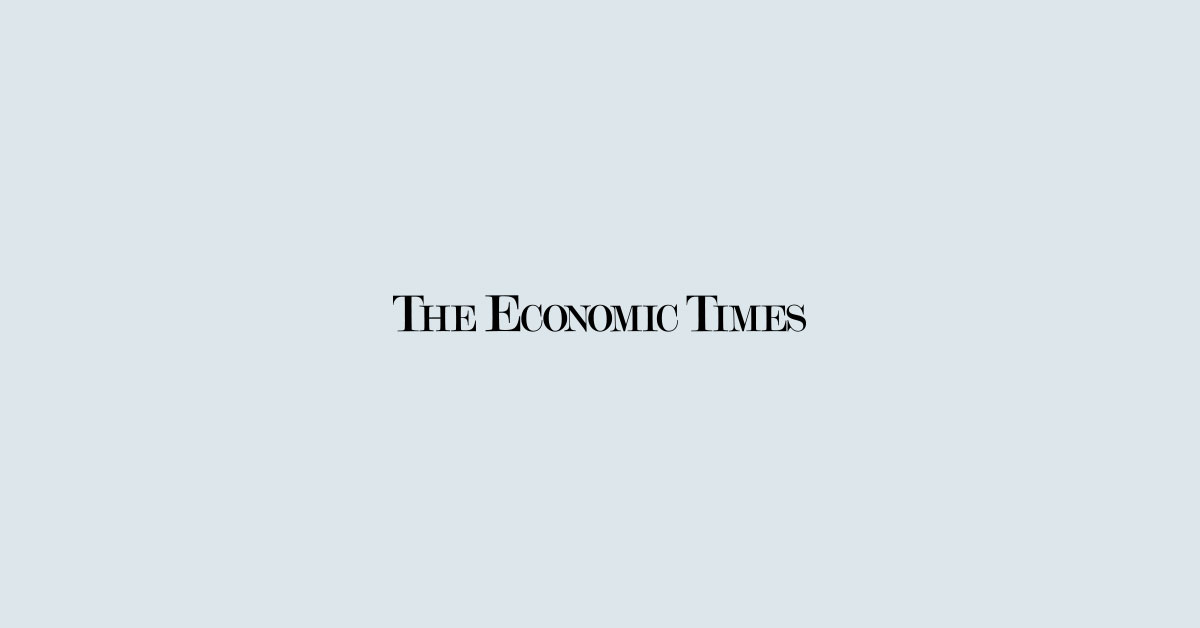
The lingering pandemic and the ongoing war in Europe has made the world economy experience a slowdown in the pace of globalisation. This has ramifications for both the global and Indian economy.

It is an oxymoron. Parallels between Russia’s and India’s attempts to shake free of US Big Tech’s hegemony are worrying.

Bhaskar Chakravorti discusses how the war in Ukraine is impacting the technology sector.

We present Progress to Digital Parity—an interactive scorecard that tracks the journey towards realizing the goal of a digital economy for everyone, everywhere.

How old boys’ clubs and box-checking keep tech, academia and more from real progress.

Businesses are unlikely to face similar pressures in an Asian crisis.
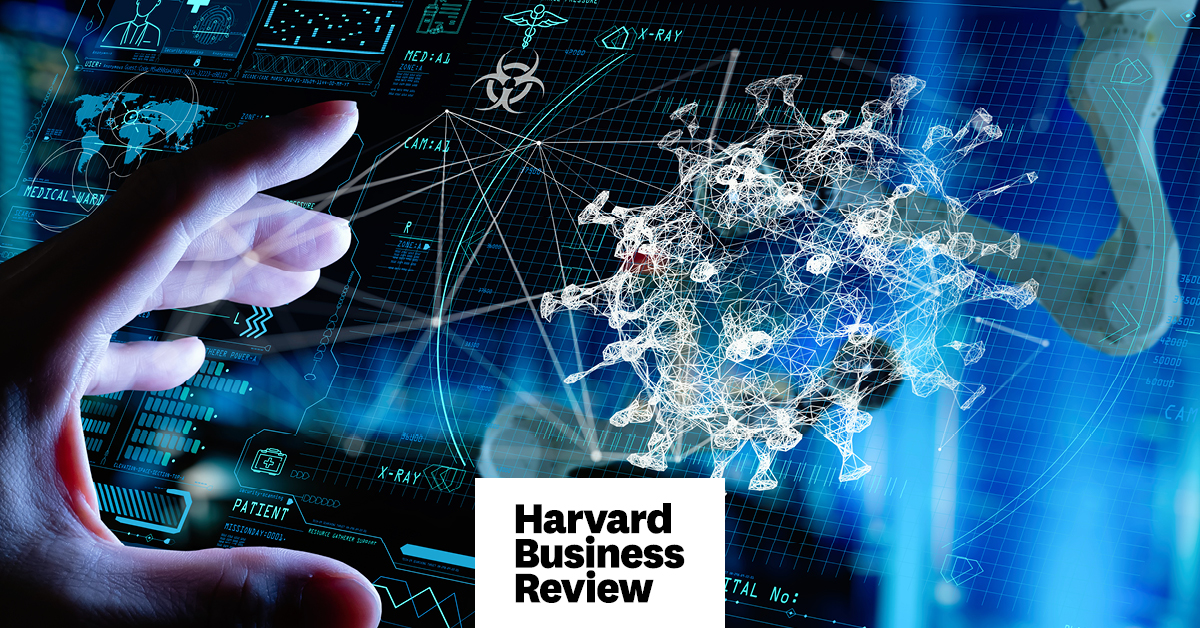
The pandemic could have been the moment when AI made good on its promising potential. There was an unprecedented convergence of the need for fast, evidence-based decisions and large-scale problem-solving with datasets spilling out of every country in the world.

Tom, Joe and Kim talk about the impact of Omicron on the economy, labor issues, vaccine mandates and inflation

Internet giants grapple with how to handle the Taliban’s activities on their platforms.
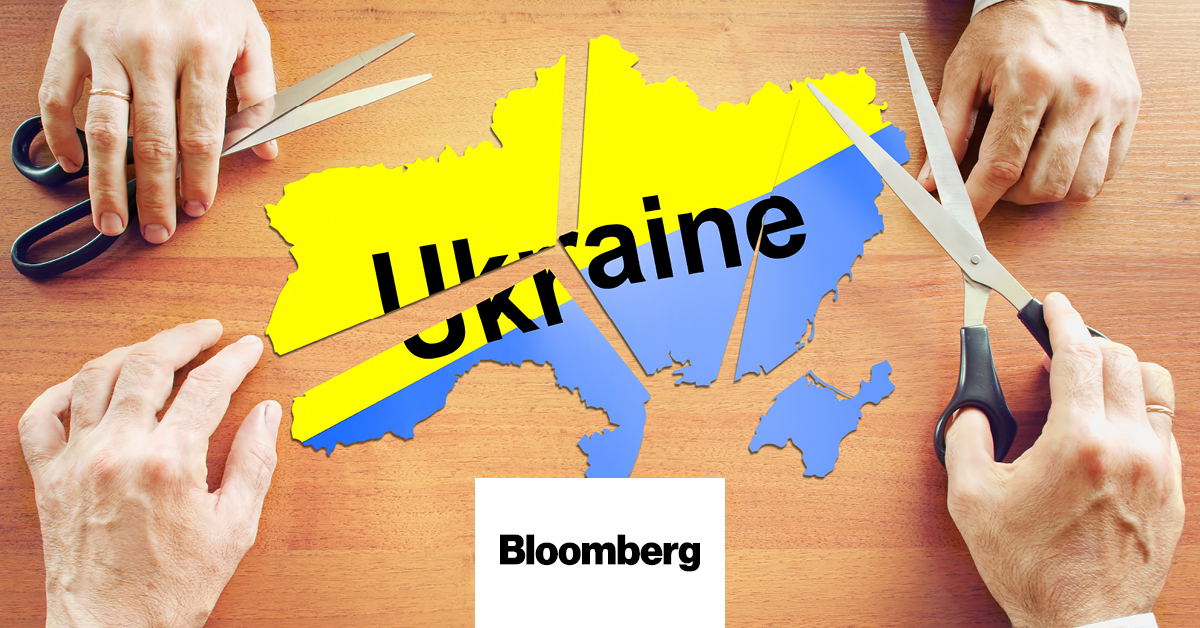
Bhaskar Chakravorti provides analysis on how Russia’s invasion is devastating Ukraine’s burgeoning tech industry.
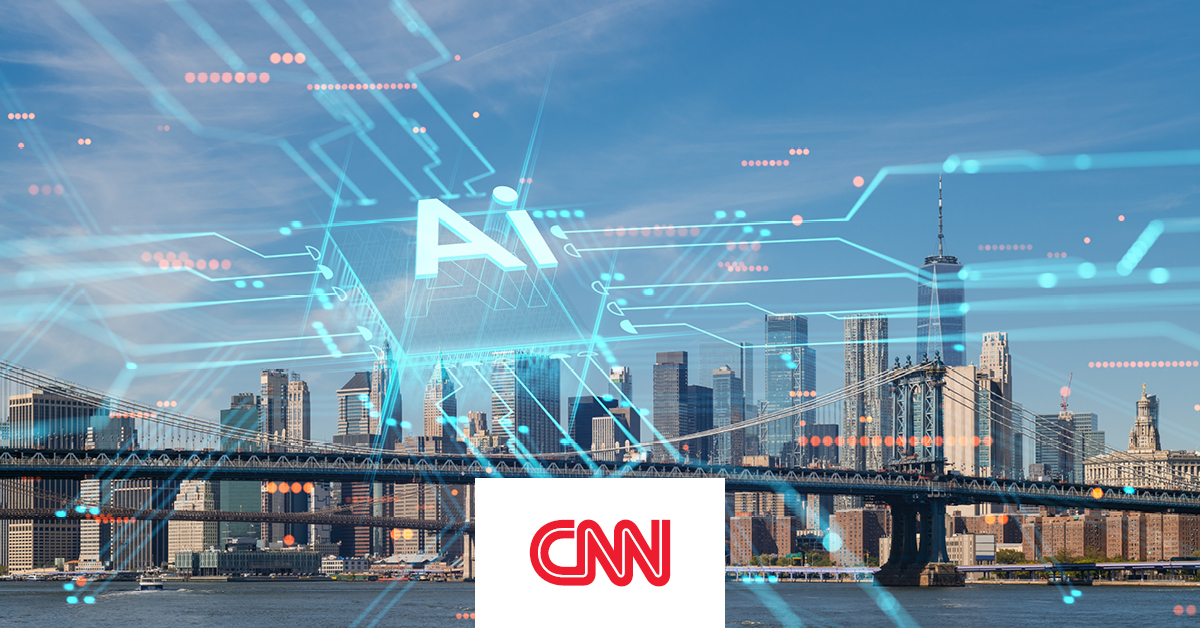
Ajay Bhalla and Bhaskar Chakravorti analyze 50 cities to determine where to be for all things artificial intelligence.

Bhaskar Chakravorti discusses the reasons behind Chairman Xi Jinping’s crackdown on fintech companies and investor interest in India’s startups.

Soniya Gokhale interviews Bhaskar Chakravorti on misinformation and the dilemma it poses for governments globally.
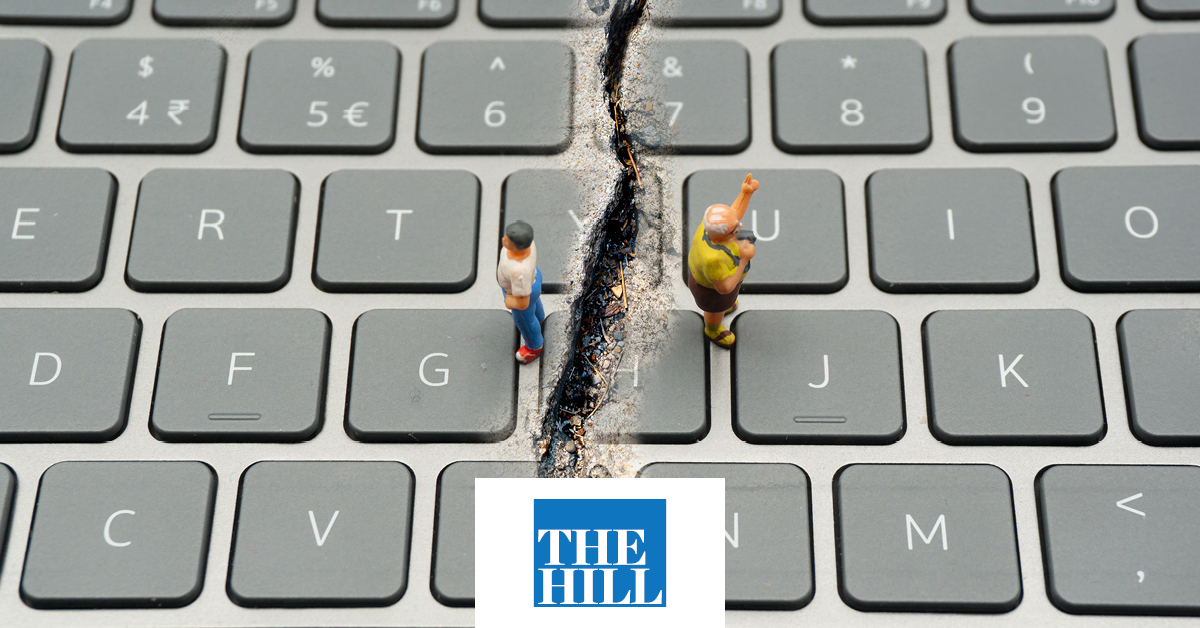
Bhaskar Chakravorti discusses how Mark Zuckerberg’s Meta can help close the digital divide in America.
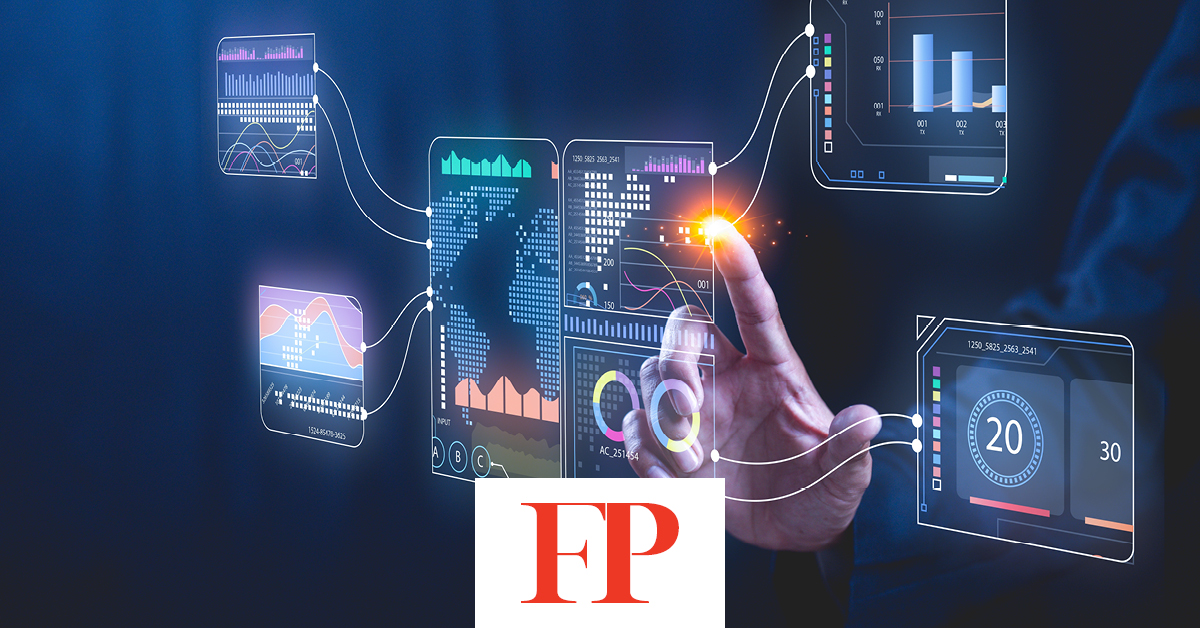
Fringe players take on Big Tech, governments start regulating, and AI could finally prove its worth.
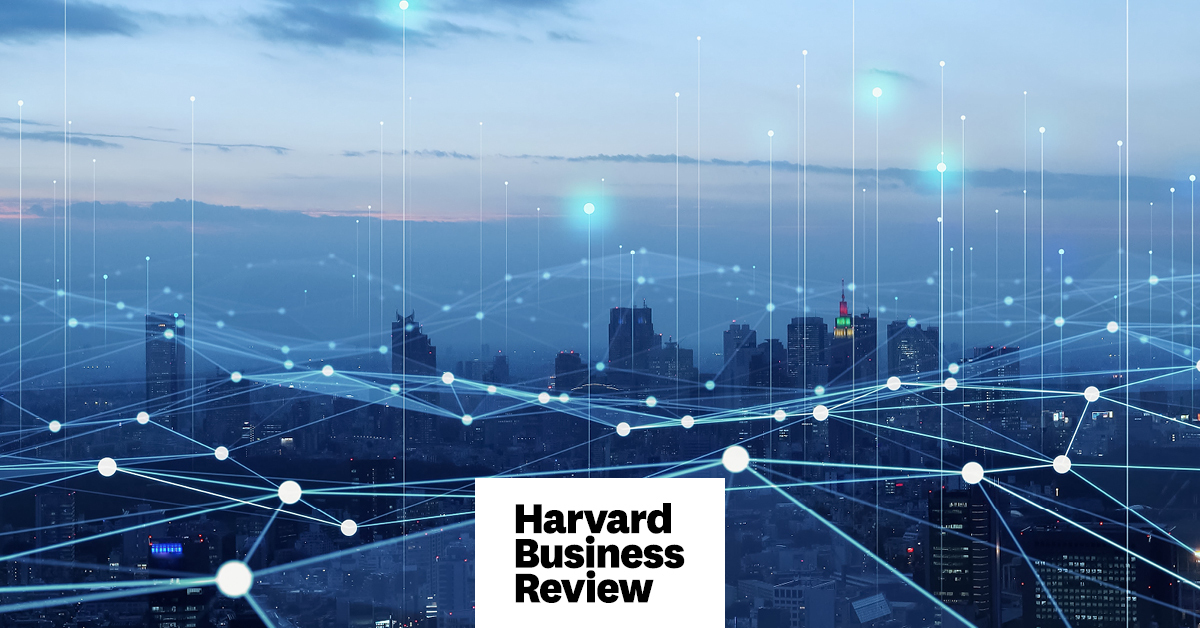
The co-authors discuss the top 50 cities for Artificial Intelligence talent and the need for a diverse workforce.
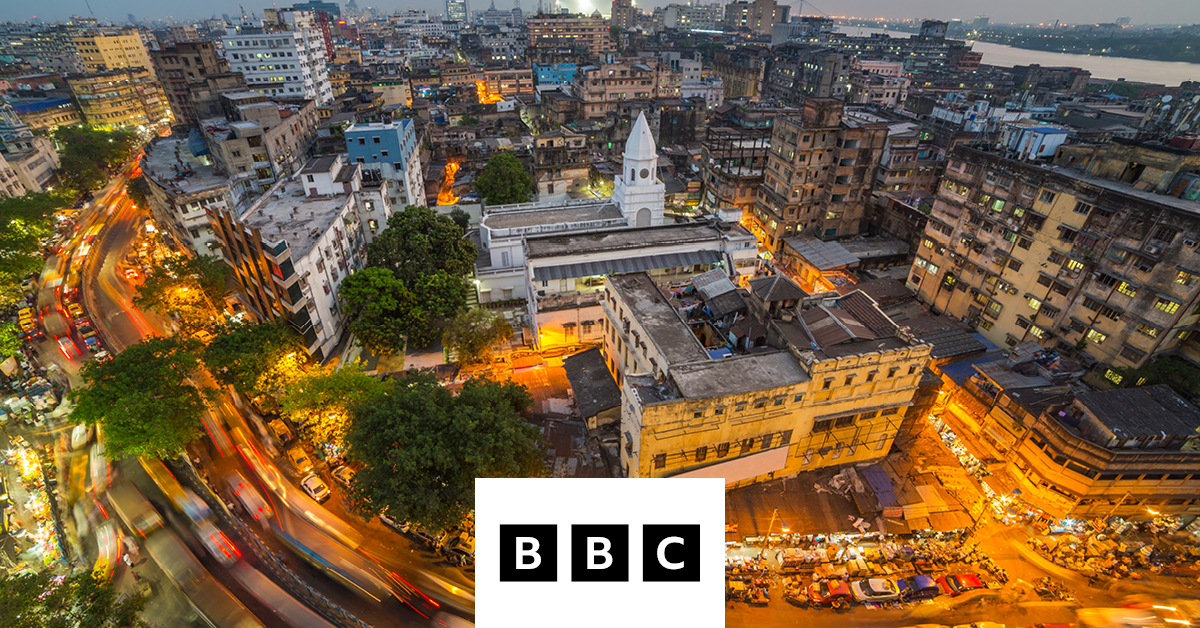
Bhaskar Chakravorti on the BBC discusses India’s plan for a new digital census, and explains the challenges and opportunities that come along with it.

Bhaskar Chakravorti is interviewed about privacy law for minors in the U.S., and claims it is acutely behind the effort.

The last thing India can afford is a bubble that bursts and for capital, talent and technology to take flight and seek refuge elsewhere.

As a part of Nasdaq’s “World Reimagined” series, Bhaskar Chakravorti and Ajay Banga discuss the importance of building a more digitally inclusive world, and what barriers need to be addressed in doing so.
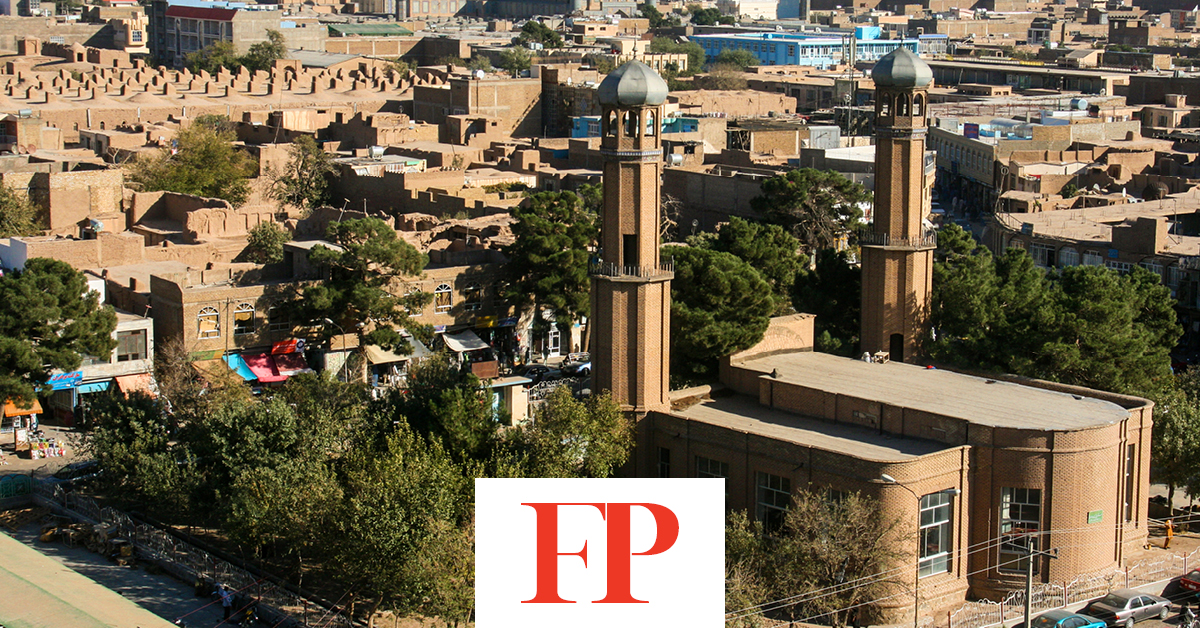
Why the tech giant is on the wrong side of history yet again.

Tech giants ponder giving Taliban social media. Concerns: free speech, harm, Taliban’s image, retaliation, risks. Challenging decisions ahead.
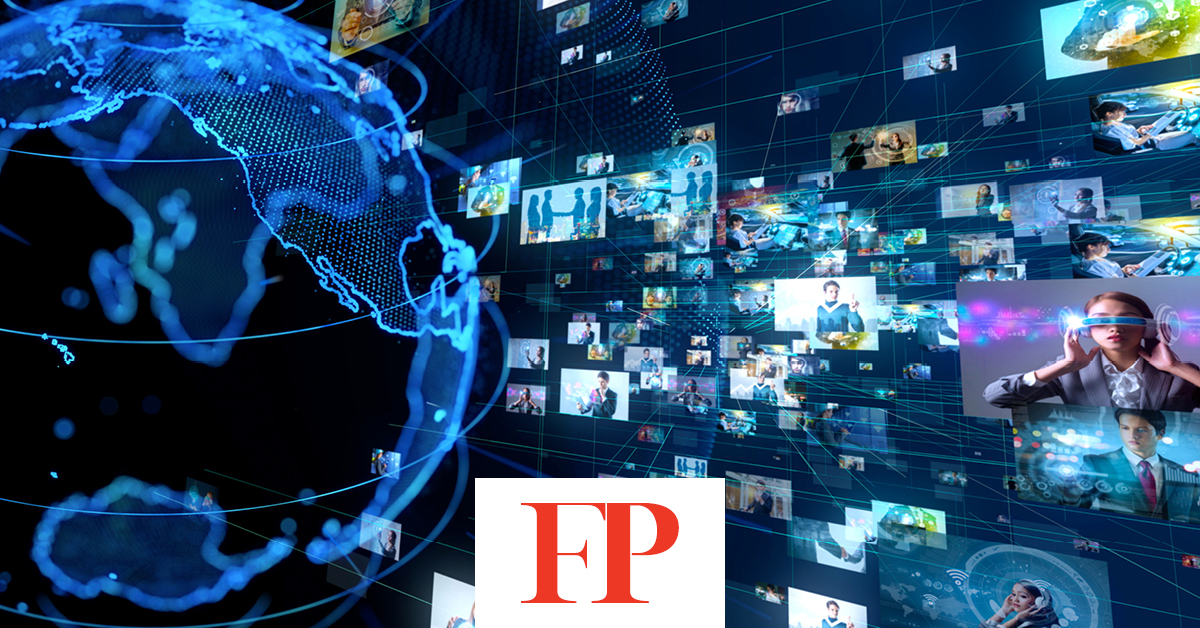
The technology is too important to be left in the clutches of Silicon Valley.

A handful of companies have outsize influence on the world’s artificial intelligence. Policymakers must act now to stem the rise of powerful monopolies.

Bhaskar Chakravorti comments on U.S. government antitrust legislation to restrict mergers and acquisitions by dominant Big Tech platforms and the potential impact on smaller start-ups.

Bhaskar Chakravorti comments on the potential impact of the Federal Trade Commission’s vote this week to rescind a 1995 statement that loosened merger review reporting requirements.

The U.S. government is negotiating a plan to address one of the most important — but overlooked — problems facing the country: the digital divide.

As the Federal Trade Commission chair, the best thing she can do to regulate tech is nothing.

Digital Planet research finds that the number of LGBTQ+ women outnumber LGBTQ+ men in the United States tech industry. The research finds the gap is even wider in major tech hubs, like San Francisco and New York City.

Companies recruiting in STEM fields need to look beyond Atlanta and Miami.

Democrats and Republicans alike need to be honest about how much broadband for all will cost. They can make Big Tech help pay for it.

Experts say the solution is to make remote work the default.

Internet access is infrastructure. But fixing the patchy U.S. system is going to take more than $100 billion.

Bhaskar Chakravorti said “Nobody is safe until everyone’s safe,” when asked about the COVID-19 outbreak in India.

The final day of the Health and Wealth of America conference focused on the power of data. The pandemic forced companies to take their services virtual, and doing so led to the capture of loads of data that can enhance their businesses, and ultimately society.

Raytheon’s multimillion-dollar investment in a STEM program for students of color is the latest attempt in tech to diversify the field.
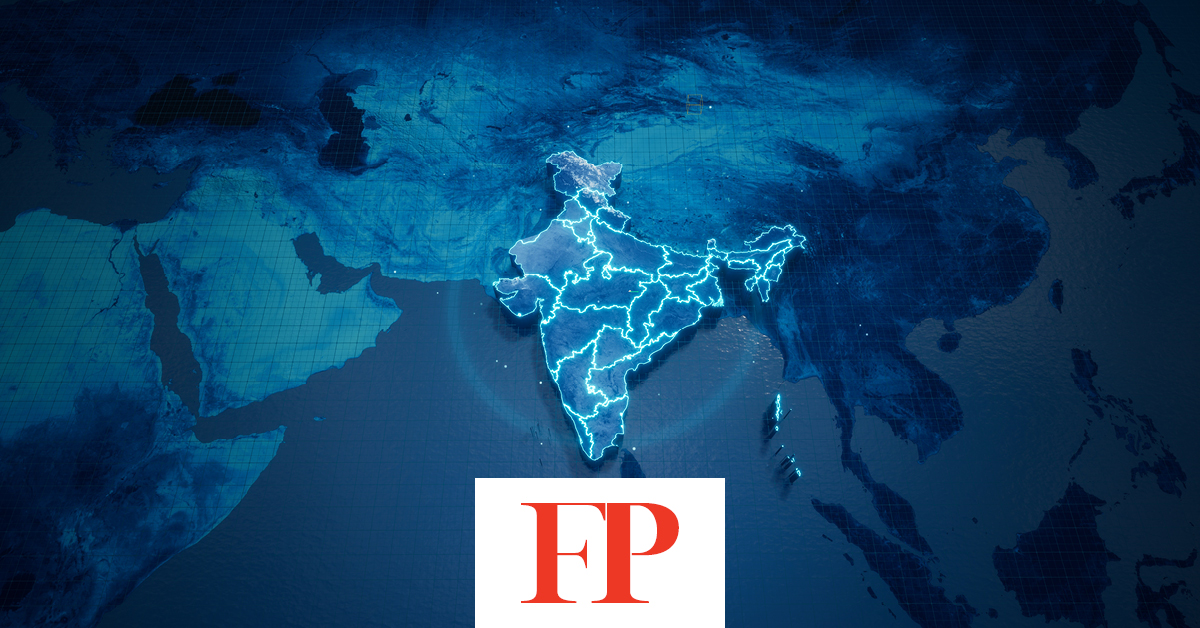
India is a warning about unintended consequences for those looking to regulate Big Tech in the United States.

Bhaskar Chakravorti discusses how advancements in technology have helped maintain the global economy and what companies have done to contribute to the widespread adoption of digitally-based services.
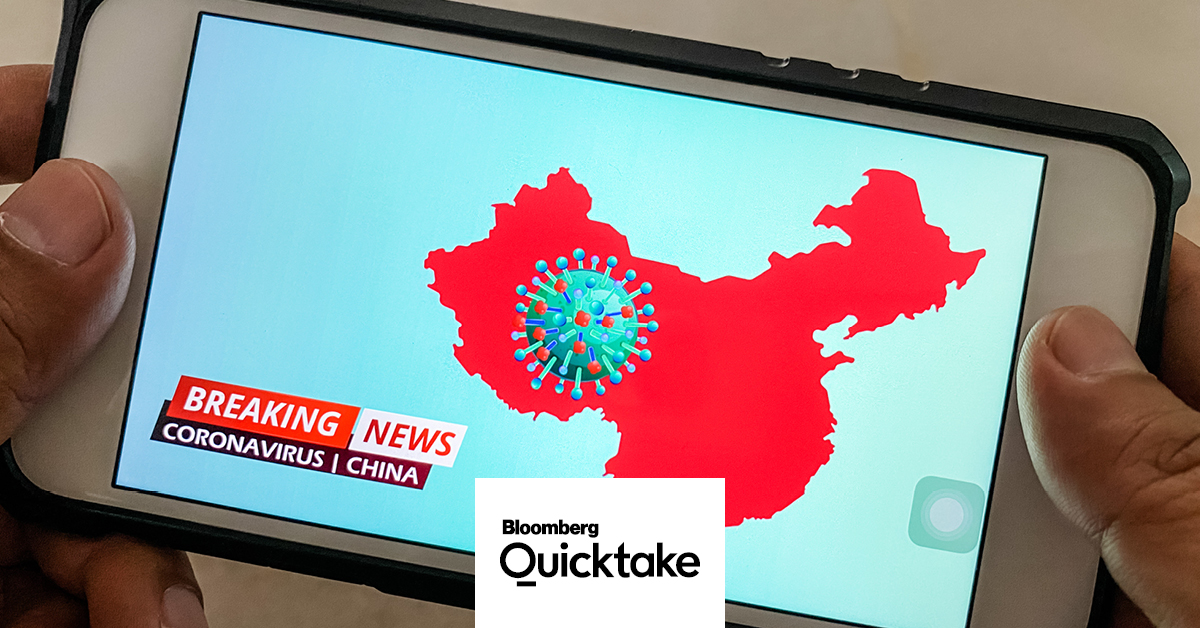
Bhaskar Chakravorti says our reliance on tech in the pandemic “fast-forwarded” everyday life into the future, even though our lives were put on pause.
Jack Dorsey’s new-found courage to silence Trump’s Twitter handle may have been helped by the reality that an ex-president, now twice impeached, who incited a mob to attack his own seat of government, may command fewer advertising dollars.

Resilience reflects digital infrastructure and citizen trust, according to Fletcher School study.

Covid-19 brought home the urgency of closing a digital divide that has left millions in the cold under lockdowns.

We Democrats soon to be in charge of Senate Committees, experts expect ferocious action on reform of Section 230 as well as antitrust.
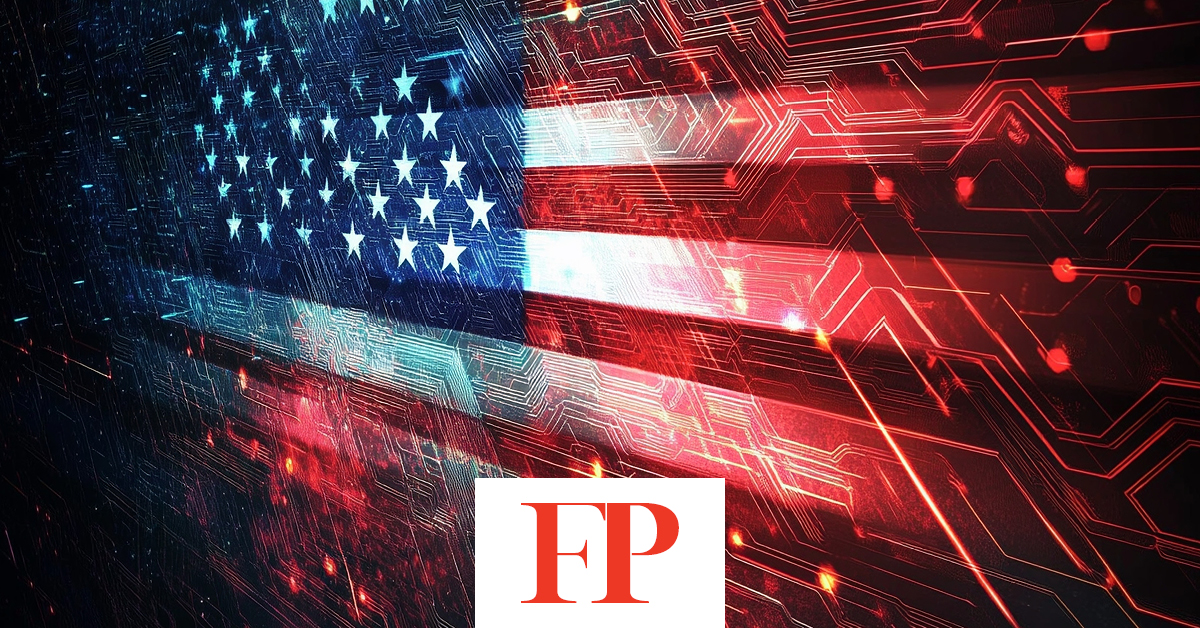
It can help solve many of his problems, yet so far, Biden has distanced himself from the sector. That has to change.

Now more than ever, digital capabilities are essential to ensure a country’s growth and economic resilience. But how do different economies compare as far as the current state and ongoing momentum of their digital development? And how have these factors impacted their experiences during the pandemic?

If the tech industry wants to address its longstanding issues with diversity and its ranks, tech companies may need to go to where diverse talent lives, not the other way around.

This webinar discusses the future of AI, how it is being deployed, and the policy and legal issues being raised. Speakers explore ways to mitigate possible concerns and how to move forward safely, securely, and in a manner consistent with human values.
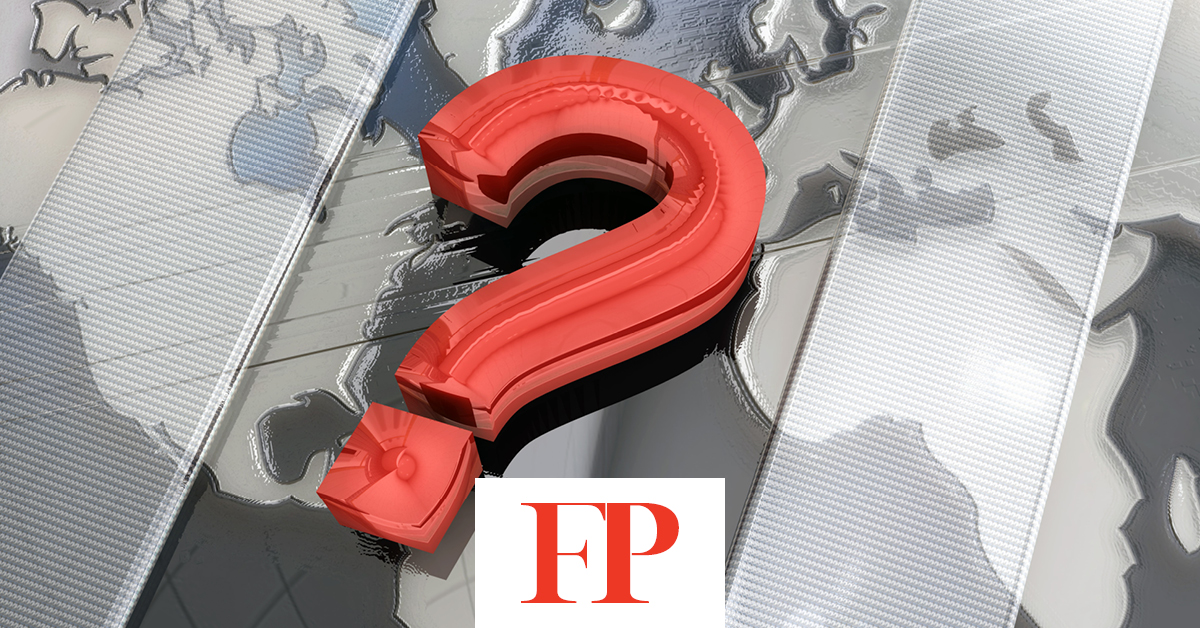
Far from a game-changer, the case highlights how observers continue to get Big Tech wrong.
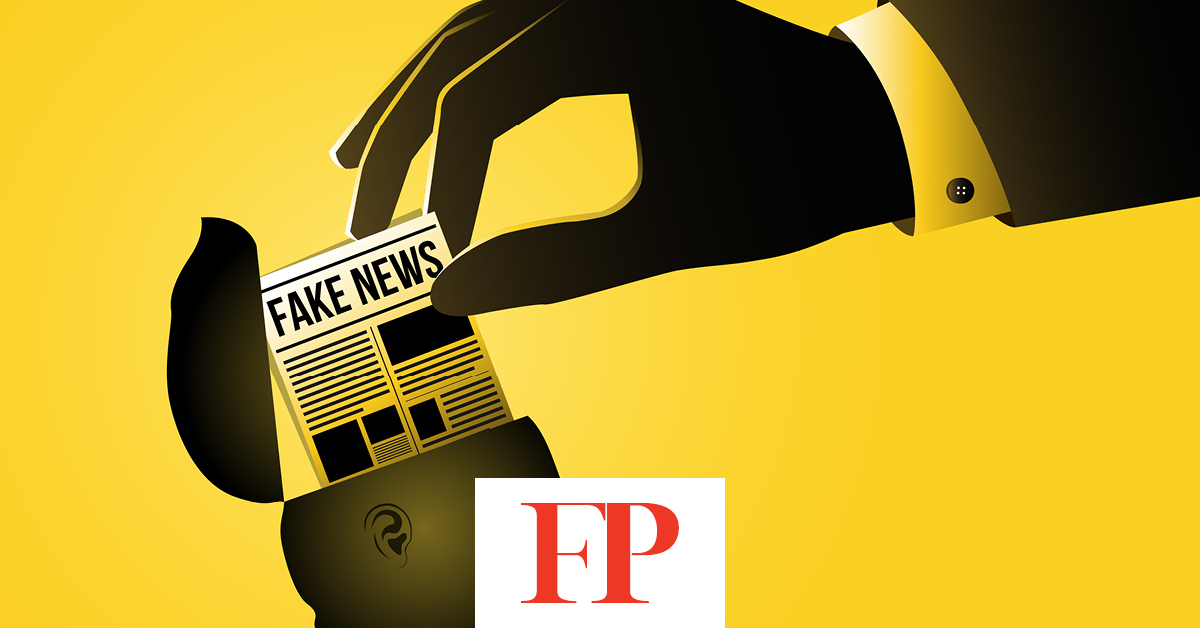
Bhaskar Chakravorti discusses the spread of misinformation across social media platforms, which has increased as we draw closer to the 2020 presidential election.

Bhaskar Chakravorti describes the economic and social tolls that COVID-19 has taken on India, citing insights from Digital Planet’s Social Distance Readiness Benchmark.

Senators set to become leaders under a Democrat majority have sought to establish new antitrust law, break up tech companies.

Bhaskar Chakravorti is interviewed about the House Judiciary Subcommittee on Antitrust’s recommendations on competitive practices for Big Tech companies: Apple, Google. Facebook, and Amazon.
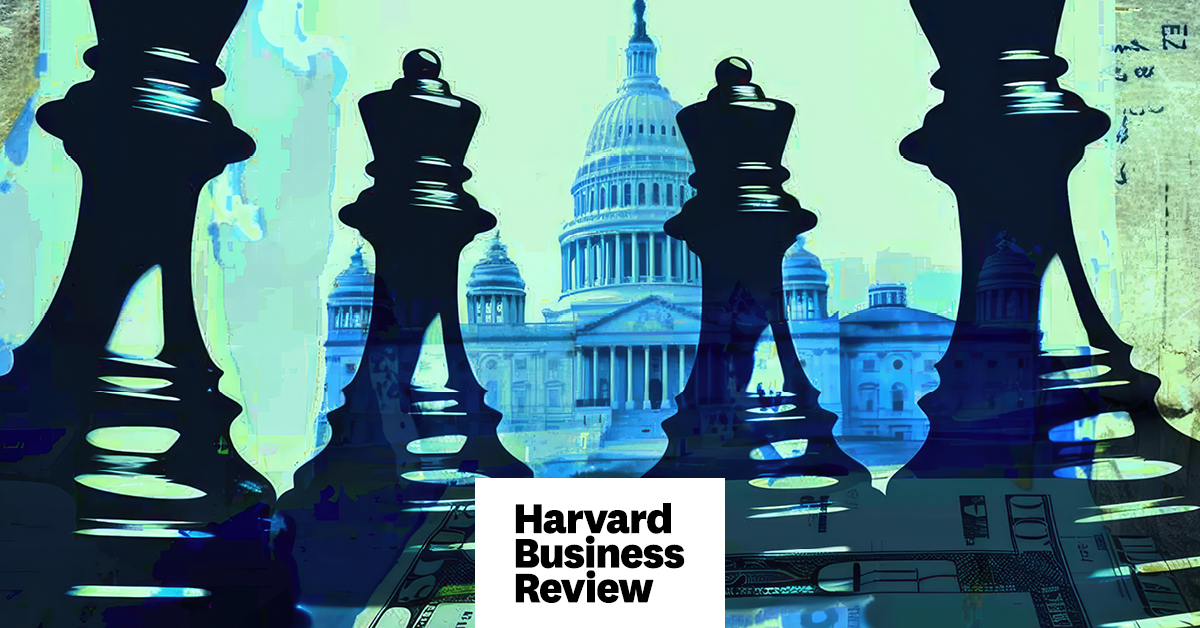
In his latest article in HBR, Bhaskar Chakravorti asks whether or not anti-tech antitrust is the right tool to address America’s biggest technology problem.
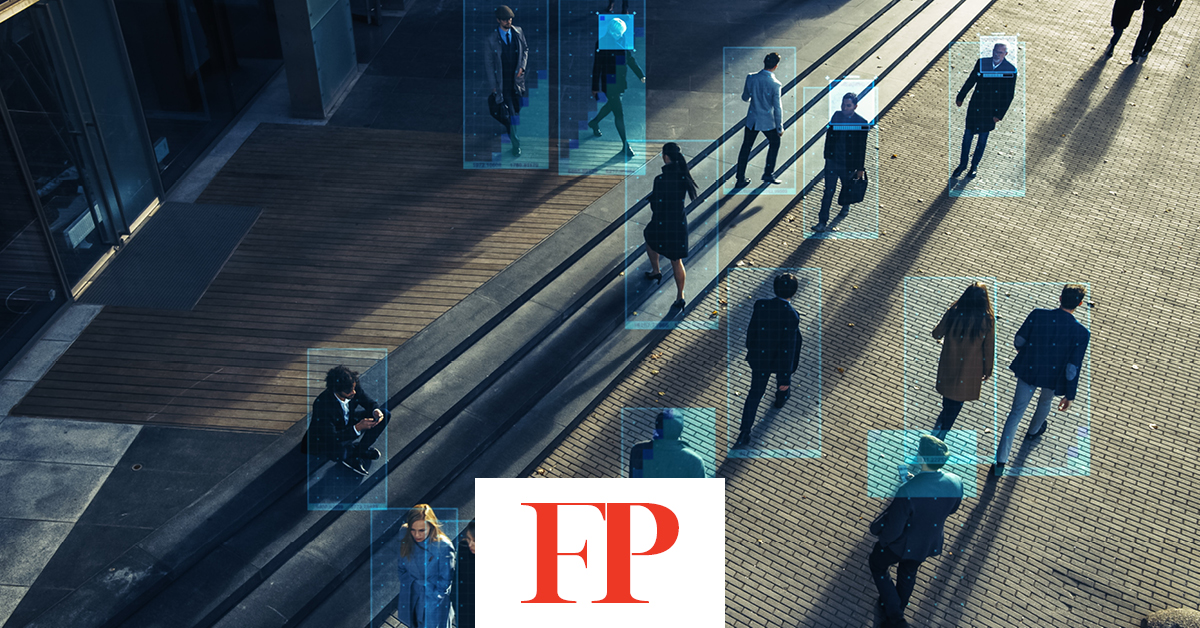
Congressional action has typically left big tech firms intact, instead mandating that they improve access for all consumers. Washington should stick to that model.

Bhaskar Chakravorti discusses key findings from the African Leapfrog Index and how Africa can use its vast digital ecosystem to unlock unprecedented growth.

Bhaskar Chakravorti writes about eight digital realities of the Indian market and the realities behind initiatives to digitize the country.

Bhaskar Chakravorti discusses research from Digital Planet, which found that India is one of the least equipped countries for remote-working readiness.

As the government considers antitrust action against big US technology companies, a global business scholar identifies four myths that need busting first.
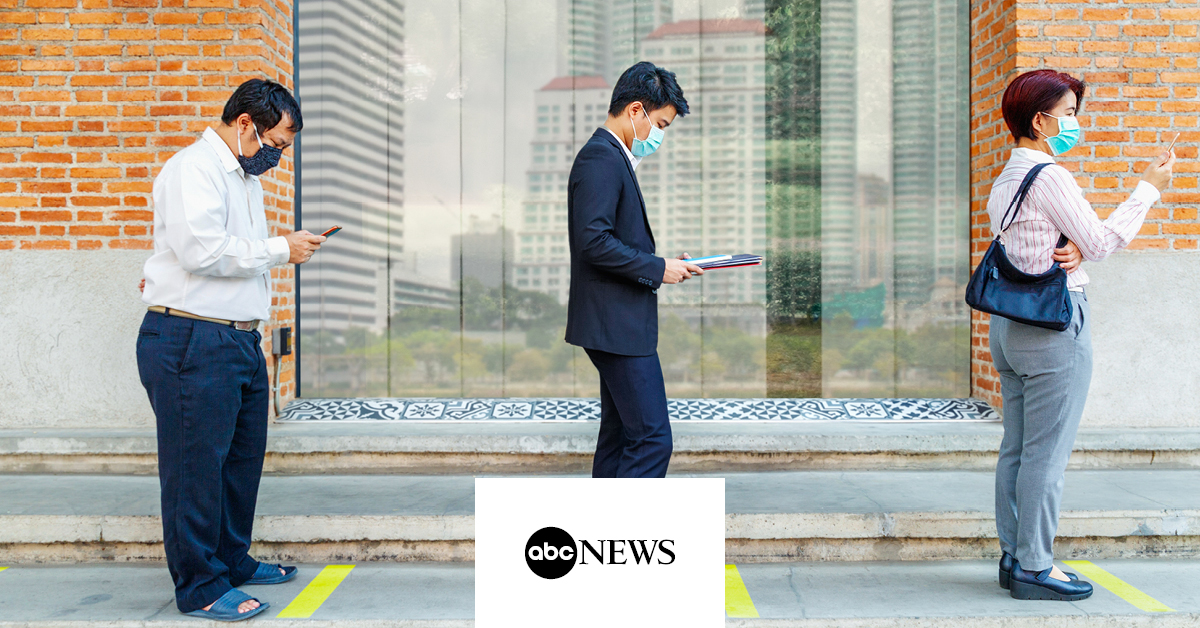
While working from home is an option for the digitally-connected, much of the U.S. and the rest of the world aren’t ready to support a remote workforce.

Remote Working Can’t Last Forever: Bhaskar Chakravorti.

ICE’s international student ban is a politicized pandemic response that hurts America.

Using insights gathered from Digital Planet’s “Work from Home or Out of Work” report, Bhaskar Chakravorti discusses whether working from home allows employees to be more productive or not.

How emerging technologies and digital transformations can accelerate economic and societal growth in 6 African countries.

Rather than prepare to reopen, Bhaskar Chakravorti recommends that companies help employees settle into operating remotely.

Bhaskar Chakravorti shares insights from Digital Planet’s Social Distance Readiness Benchmark and discusses which states are practicing social distancing best.

“We’re missing a system that defines and grants users “digital agency” — the ability to own the rights to their personal data, manage access to this data and, potentially, be compensated fairly for such access.”

New research from Digital Planet analyzes how prepared 42 countries were to enter and exit lockdown during COVID-19.

Business Insider | Using data collected from the Social Distance Readiness report, Bhaskar Chakravorti offers insights on how countries around the world can lift lockdown orders.

USA Today | Bhaskar Chakravorti states guidelines to reopen states are “a bad idea motivated by Trump’s political motives rather than a measured, data-driven public health strategy.”

Al Jazeera | CPJ says Trump’s attacks have been amplified during the coronavirus crisis, a time when unimpeded journalism is crucial.

It is about time, Mark Zuckerberg (Facebook/WhatsApp), Sundar Pichai (Google/YouTube), Jack Dorsey (Twitter) and Zhang Yiming (TikTok) made some tough calls, much like what their own political leaders have done.

The rise of the coronavirus is leading to a surge of false and possibly dangerous misinformation. Where can people go to get the facts?

Rumors and untruths are spreading online — from conspiracy theories about the origin of the virus to outlandish treatments.
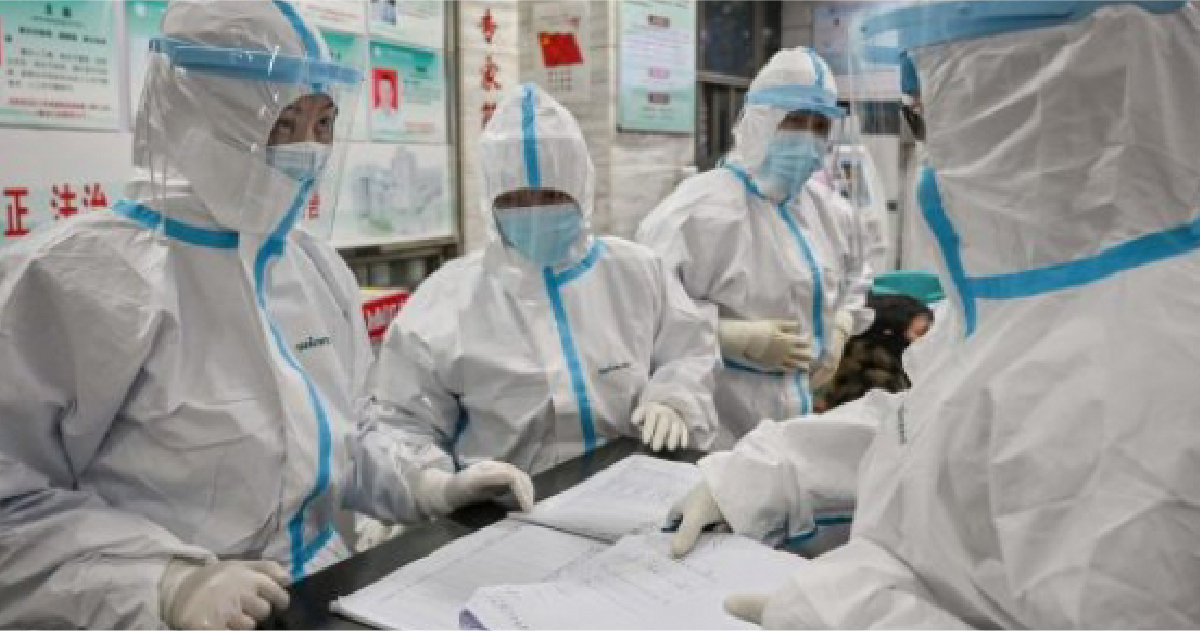
Fox News | “I would worry about countries that have single party or autocratic governments since they have a lower level of objective scrutiny from the media, including the traditional (institutionally reported) media and (bottom-up reported) social media.”
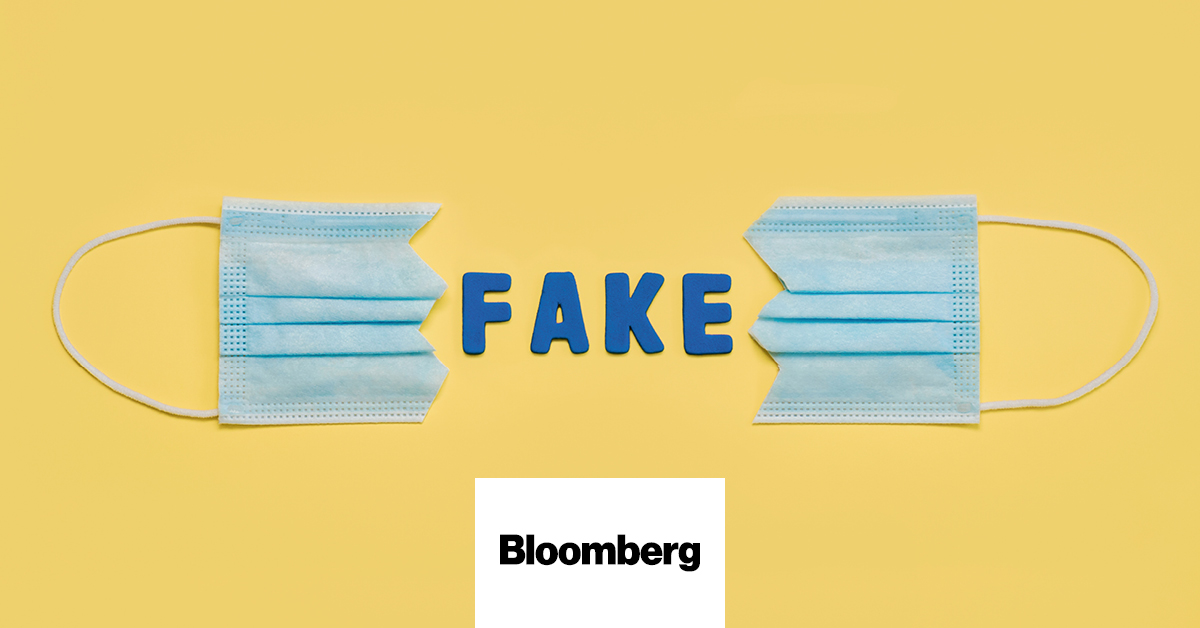
Facebook’s new new “physical harm” standard is one that Twitter and Google ought to adopt.

As 2020 rolls around and more unicorns prepare to gallop into the public markets, it would be wise for investors to tease out these differences and the impact they have on a digital company’s value.
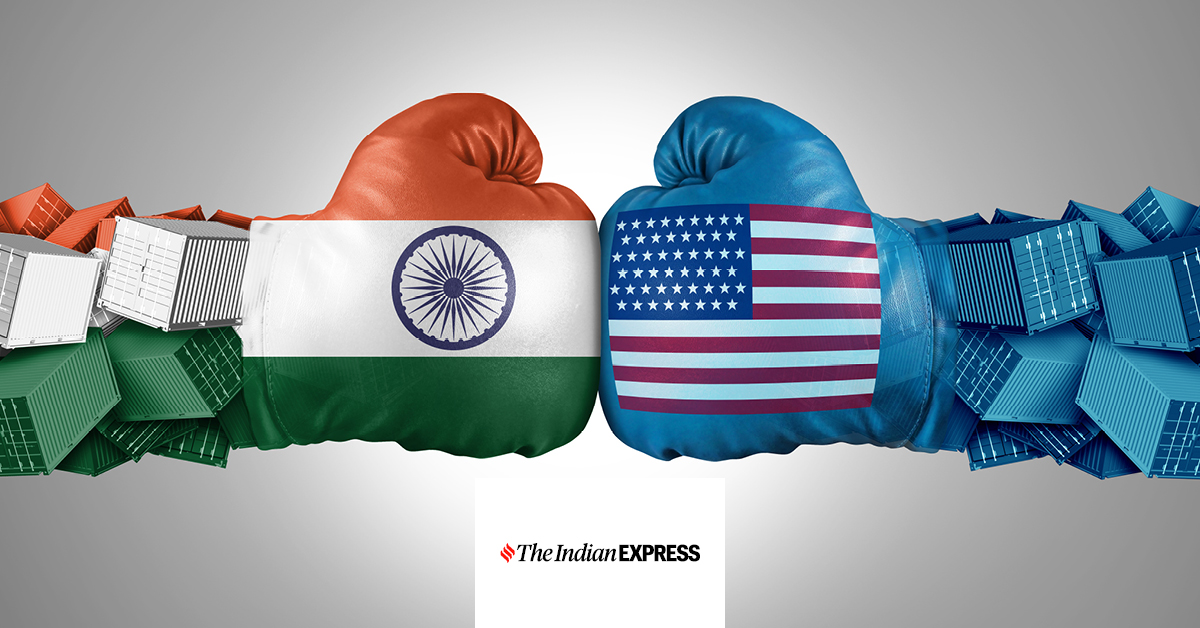
Can Jaishankar persuade U.S. authorities to recognize that immigration restrictions may not help Americans get jobs?

Indian millennials had been handed a political bonanza: Two terms of Modi, a leader they adore at home and in Houston; a muscular post-Article 370 India, which seems to have left a mark on relatively few millennial consciences; and demonetisation, a bad idea then, worse idea now, but popular nevertheless with the demographic.
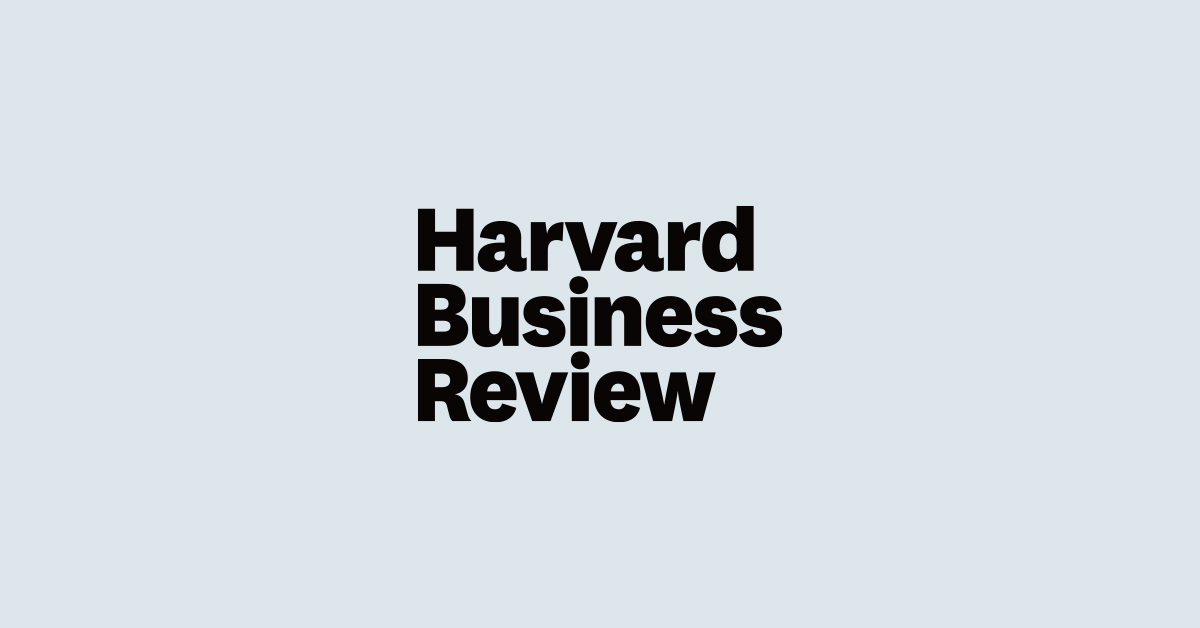
Harvard Business Review | The Ease of Doing Digital Business report analyzes how easily digital companies can enter, operate-in, and exit markets around the world.